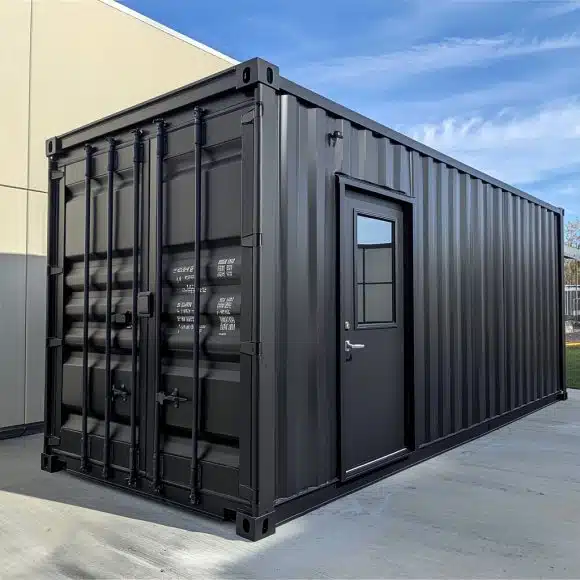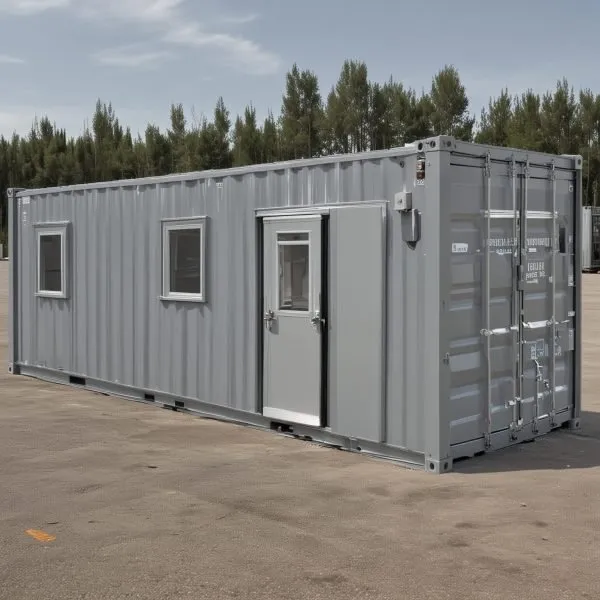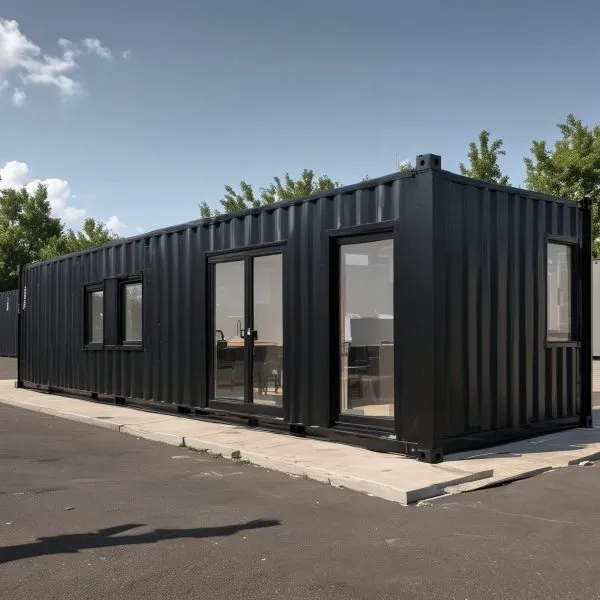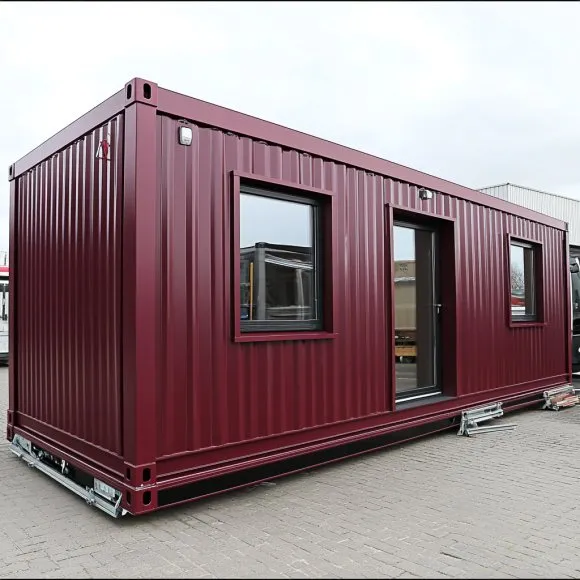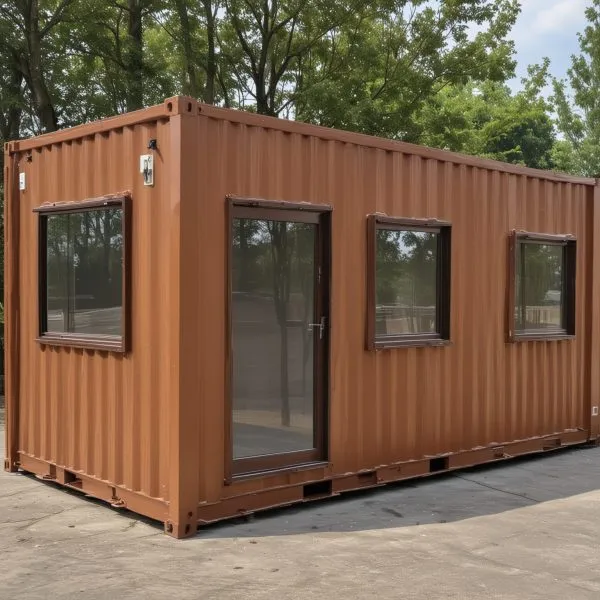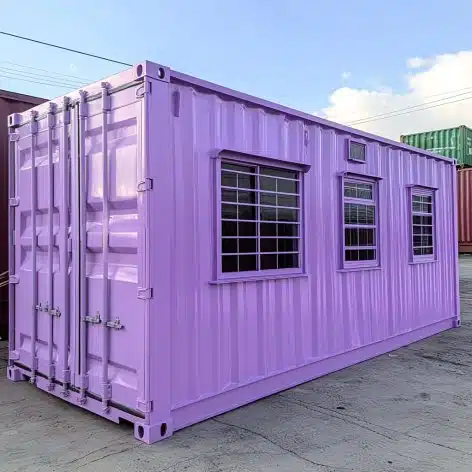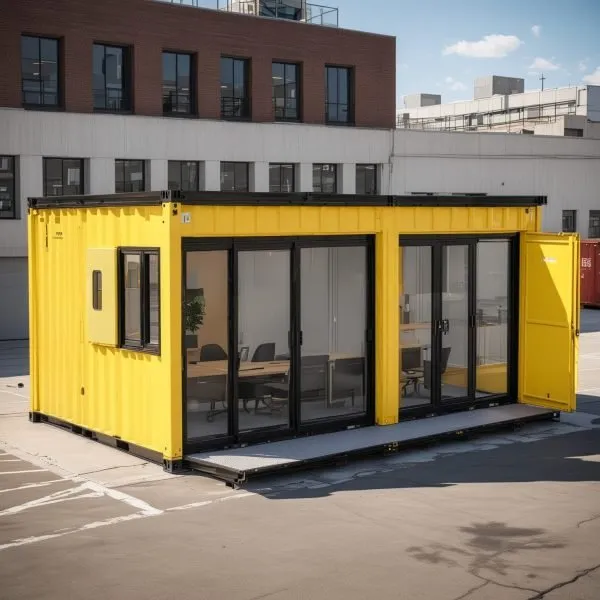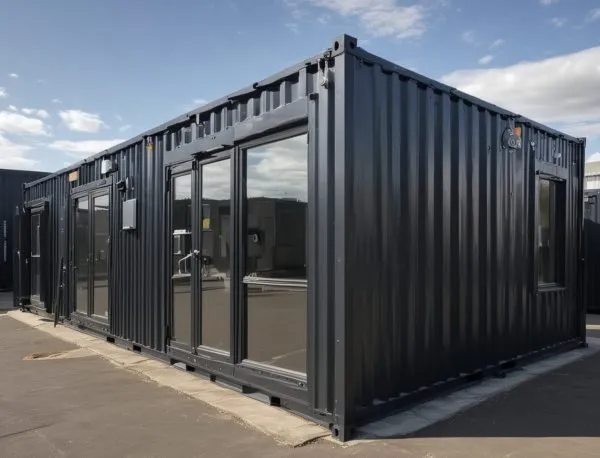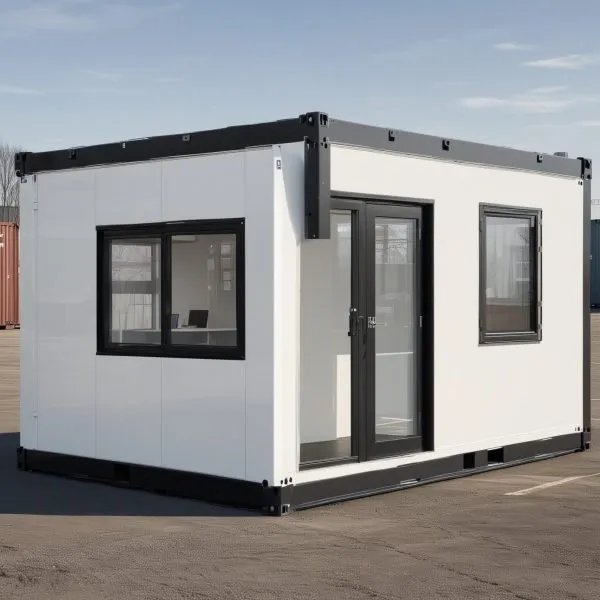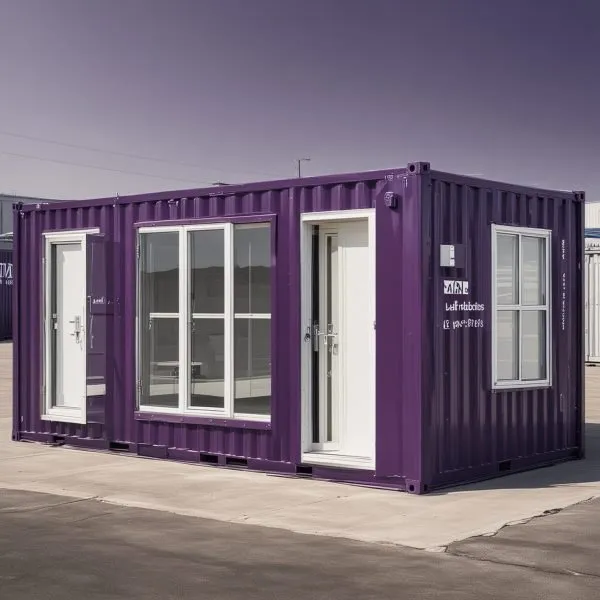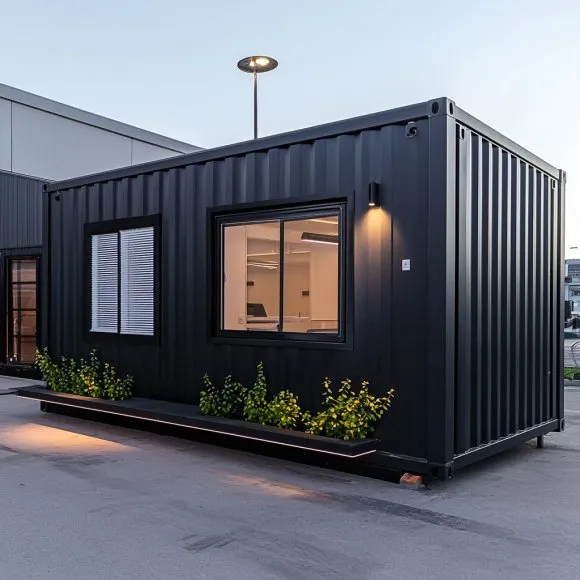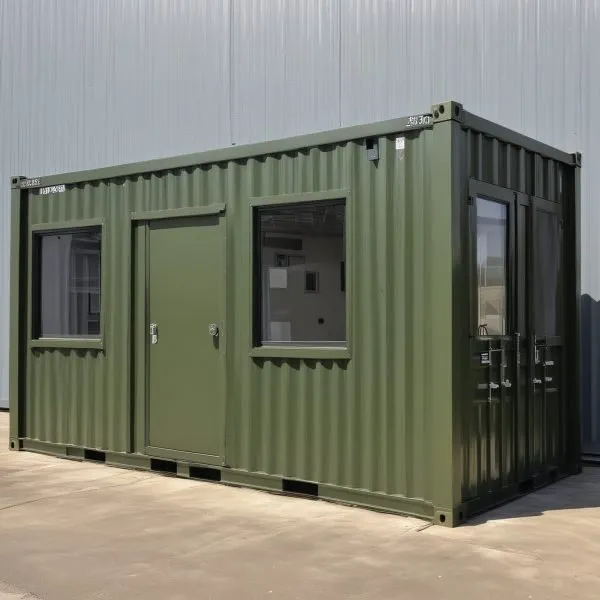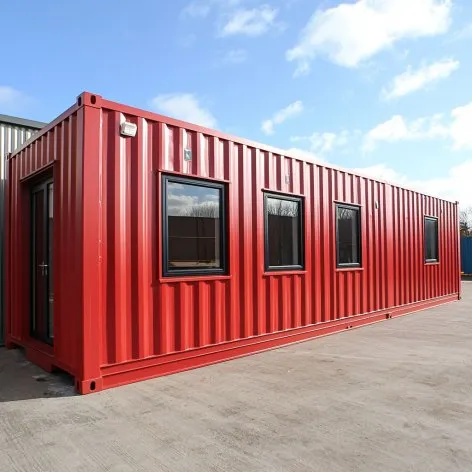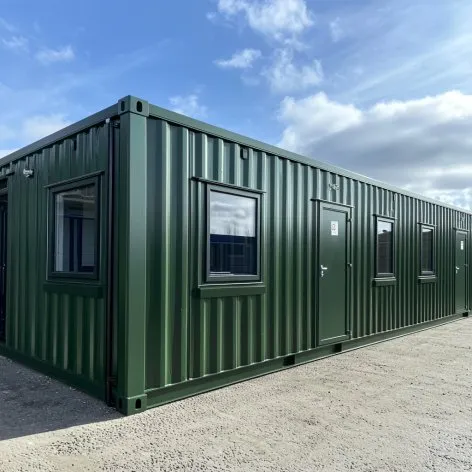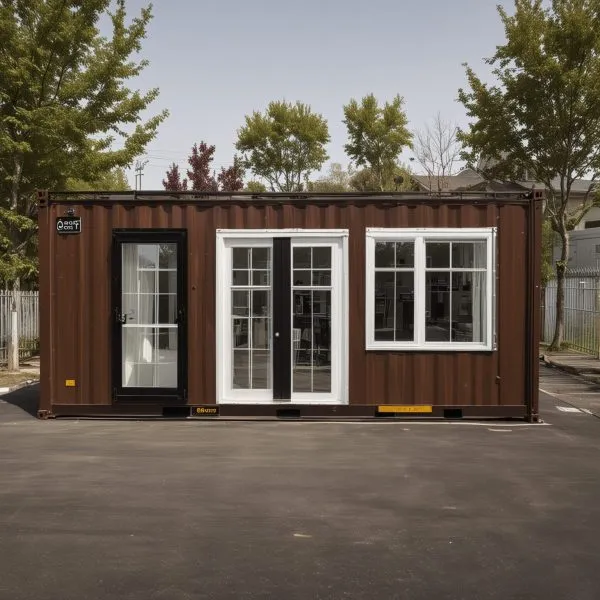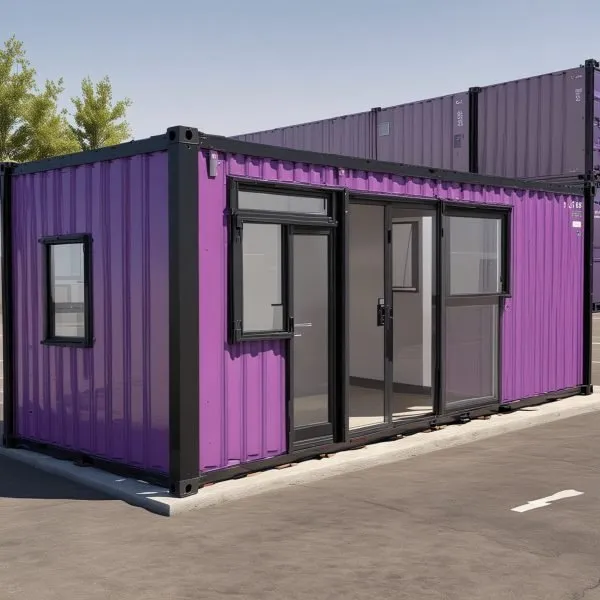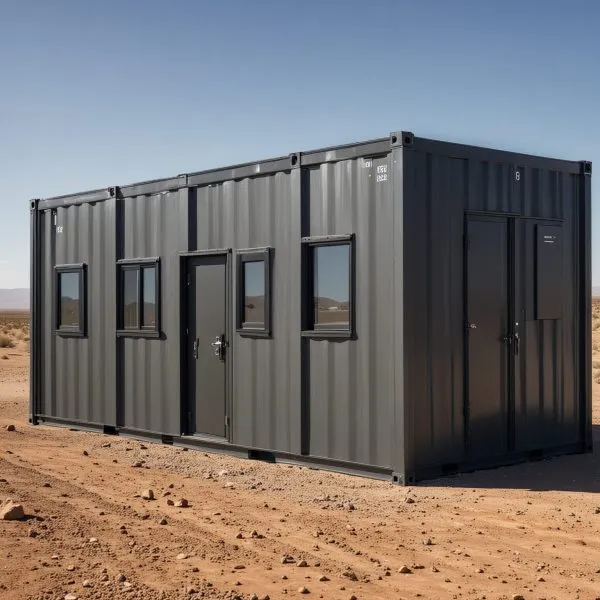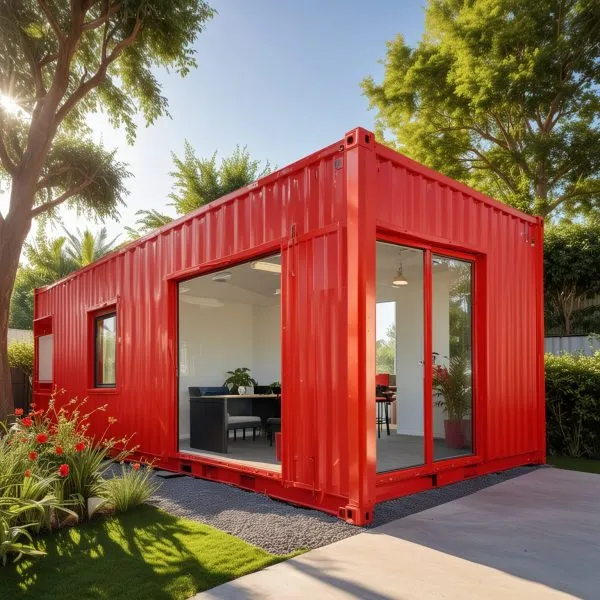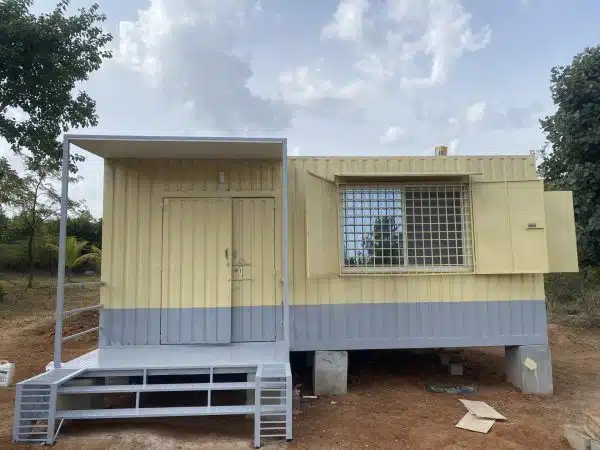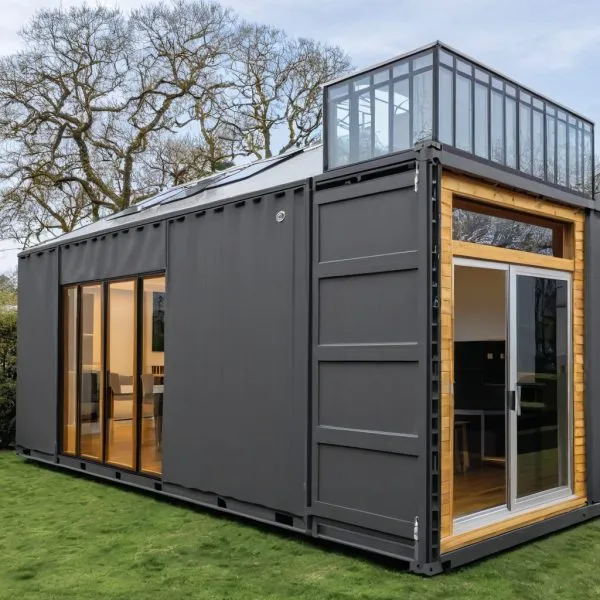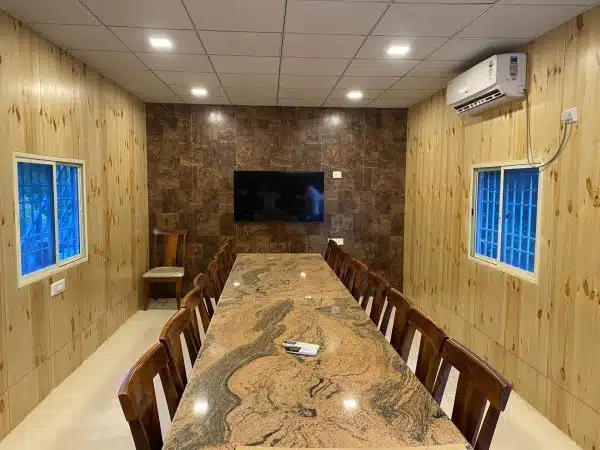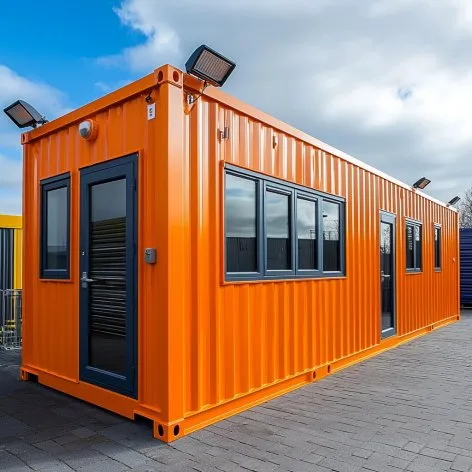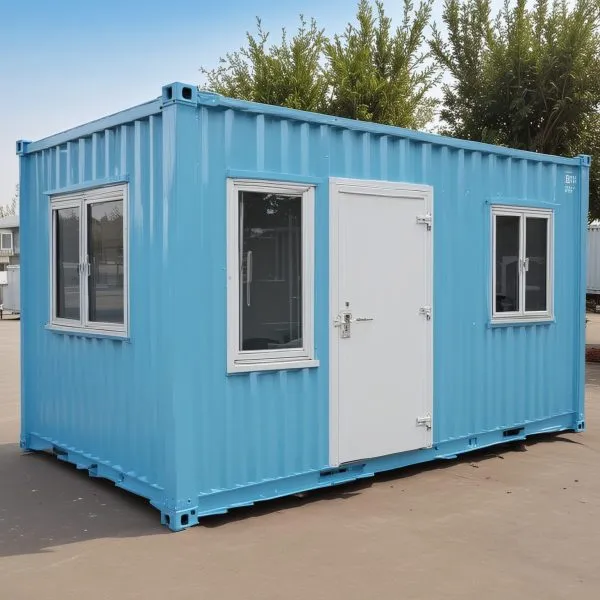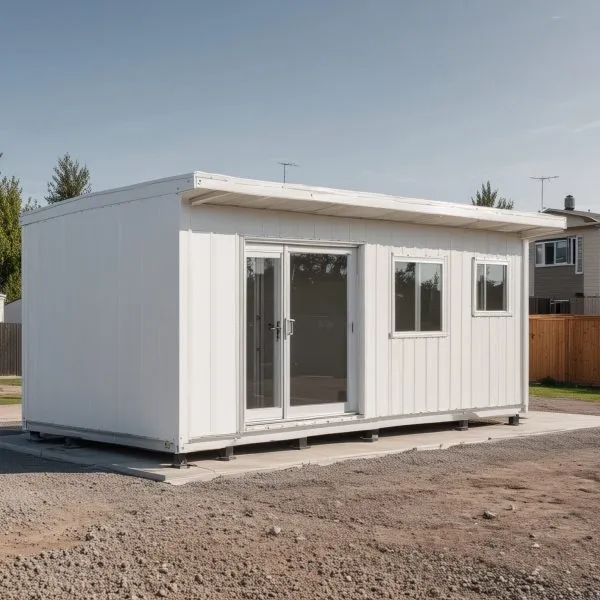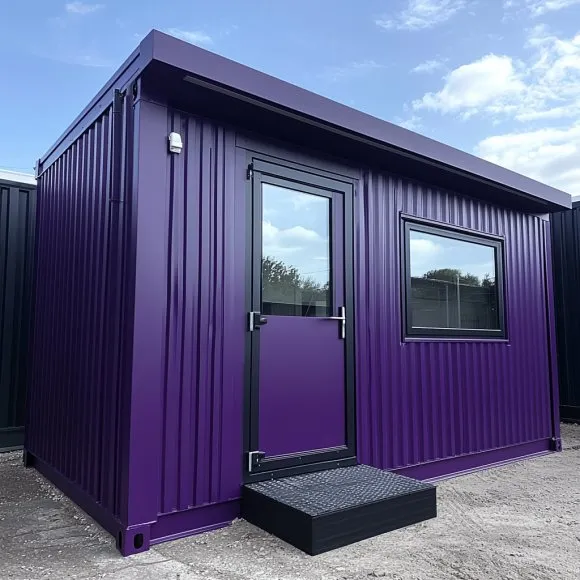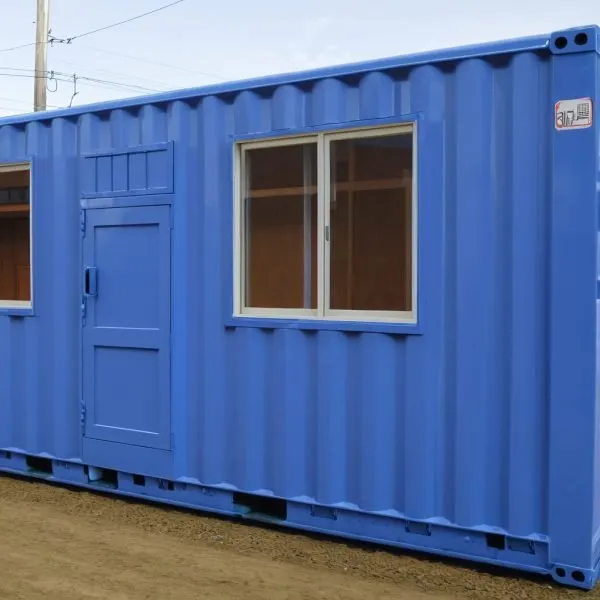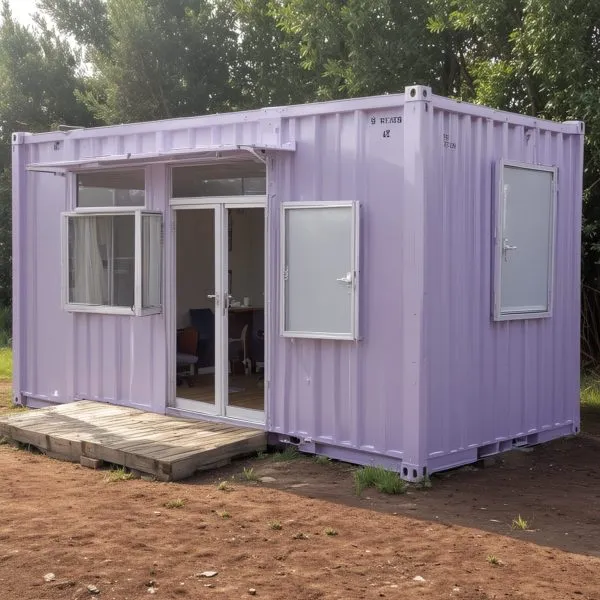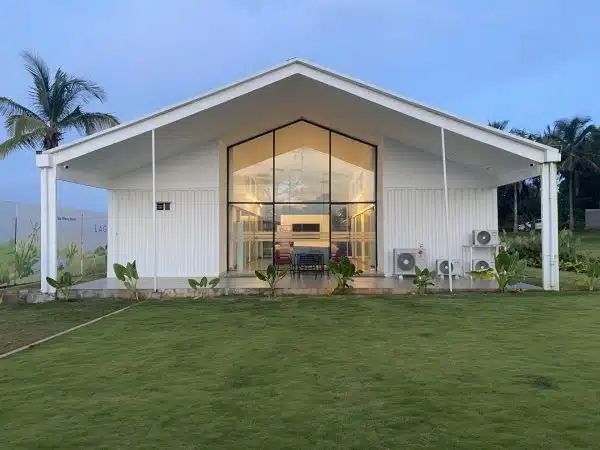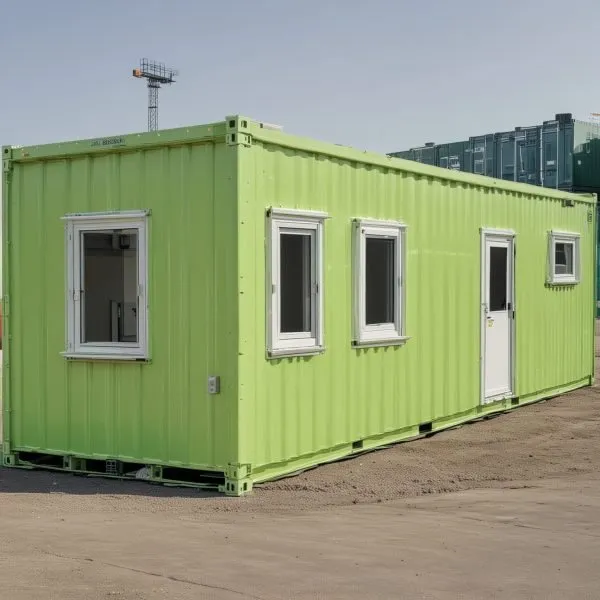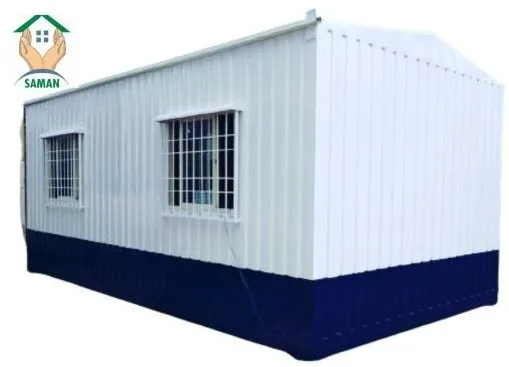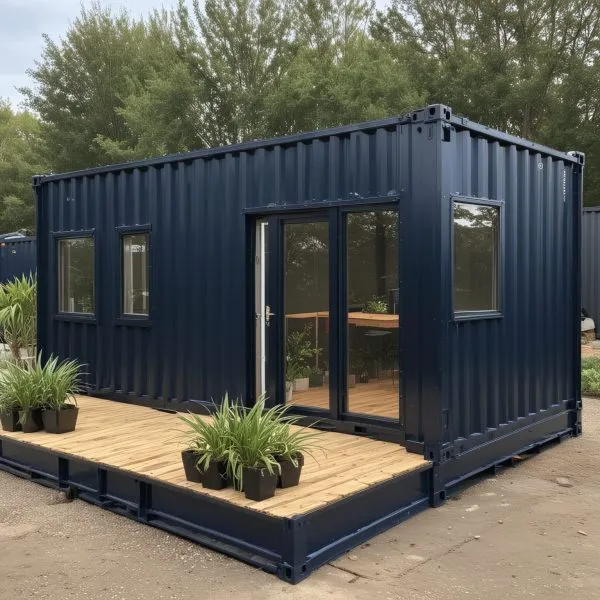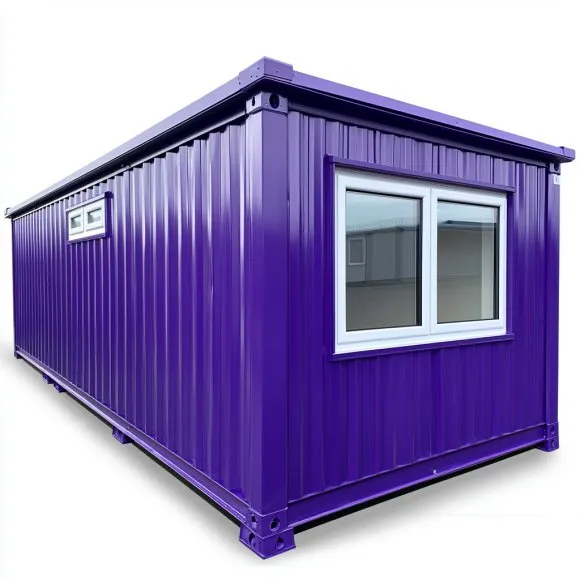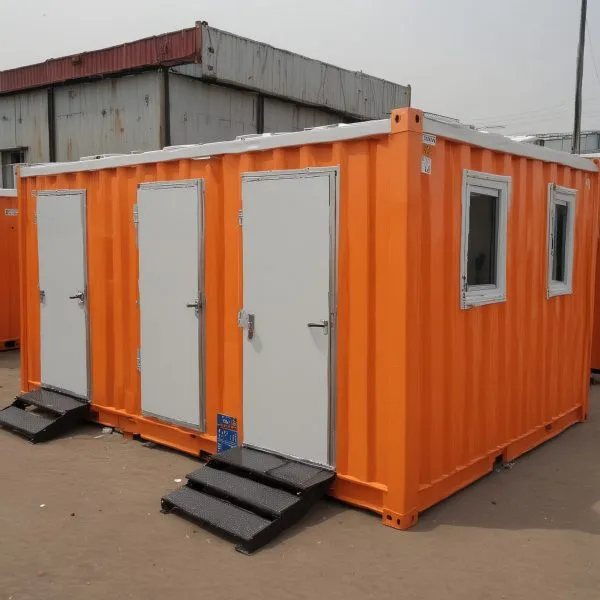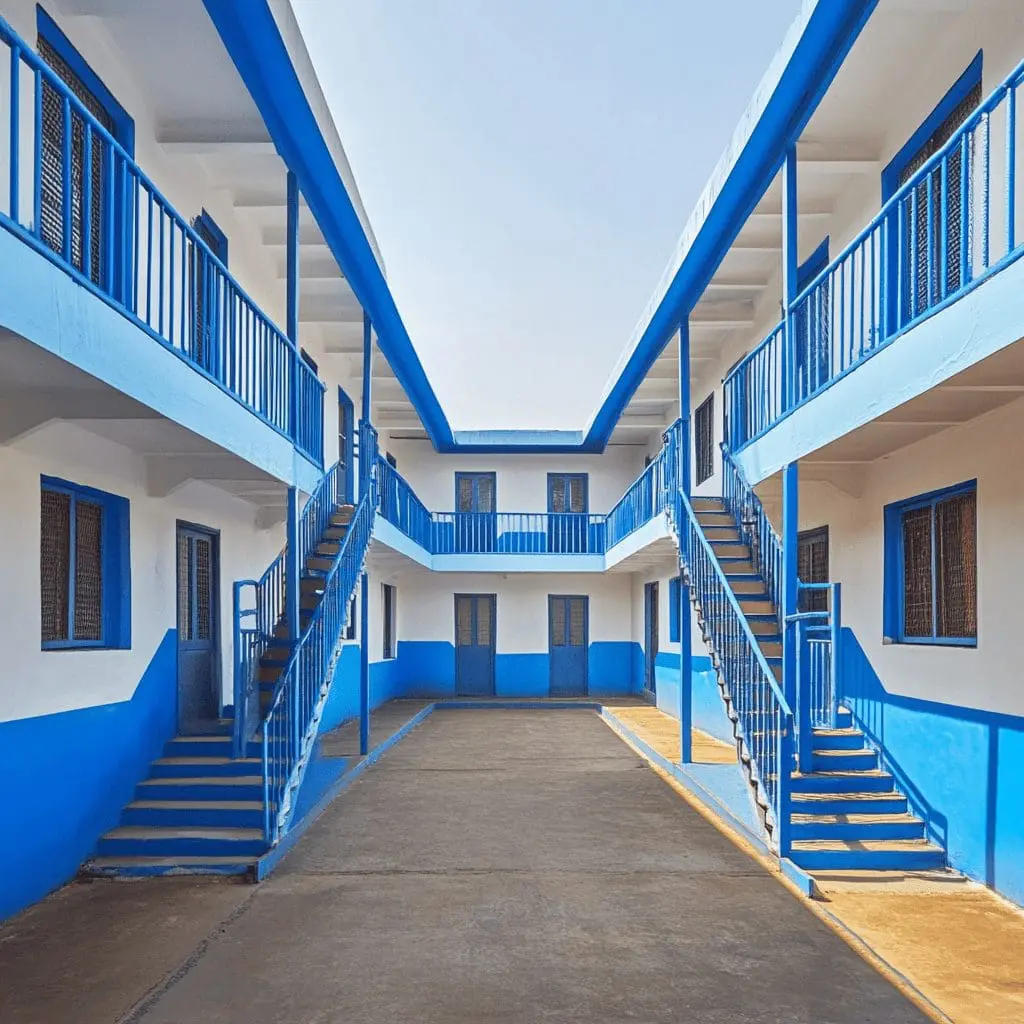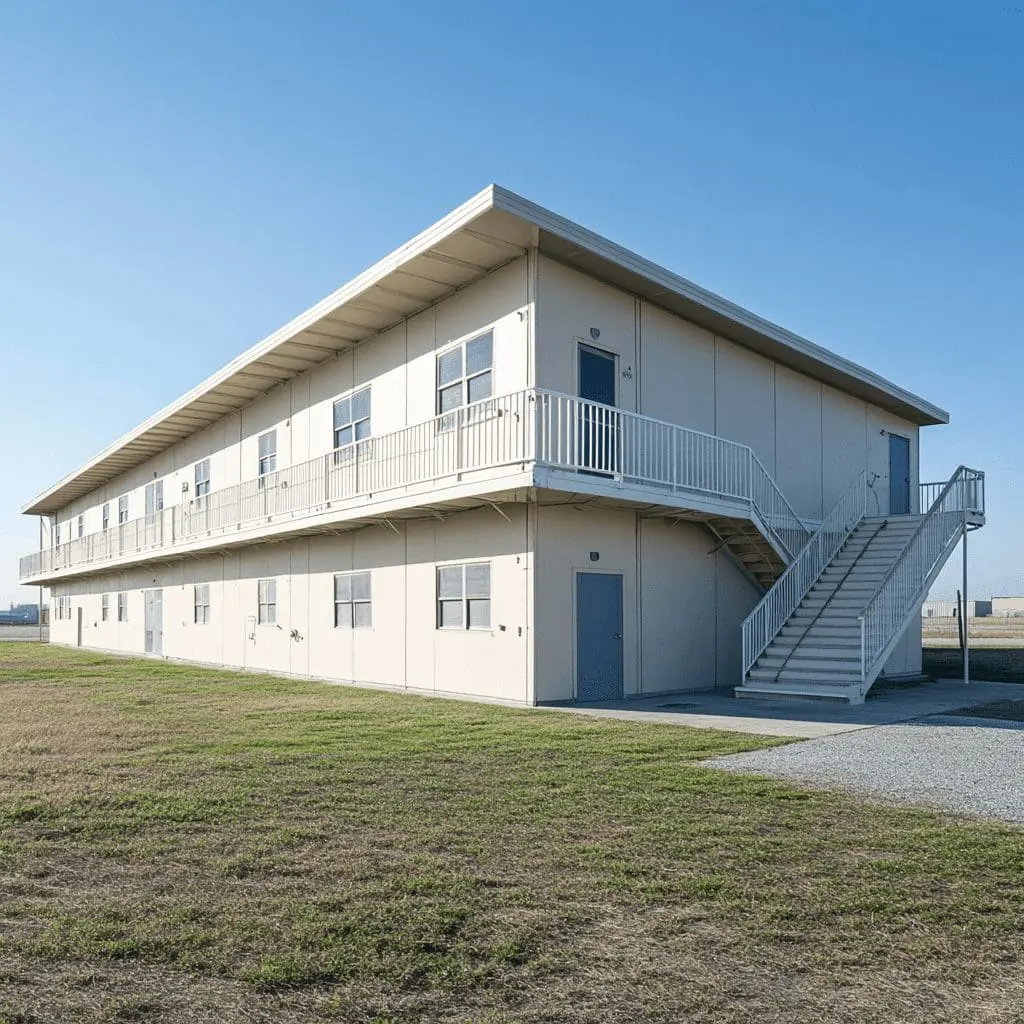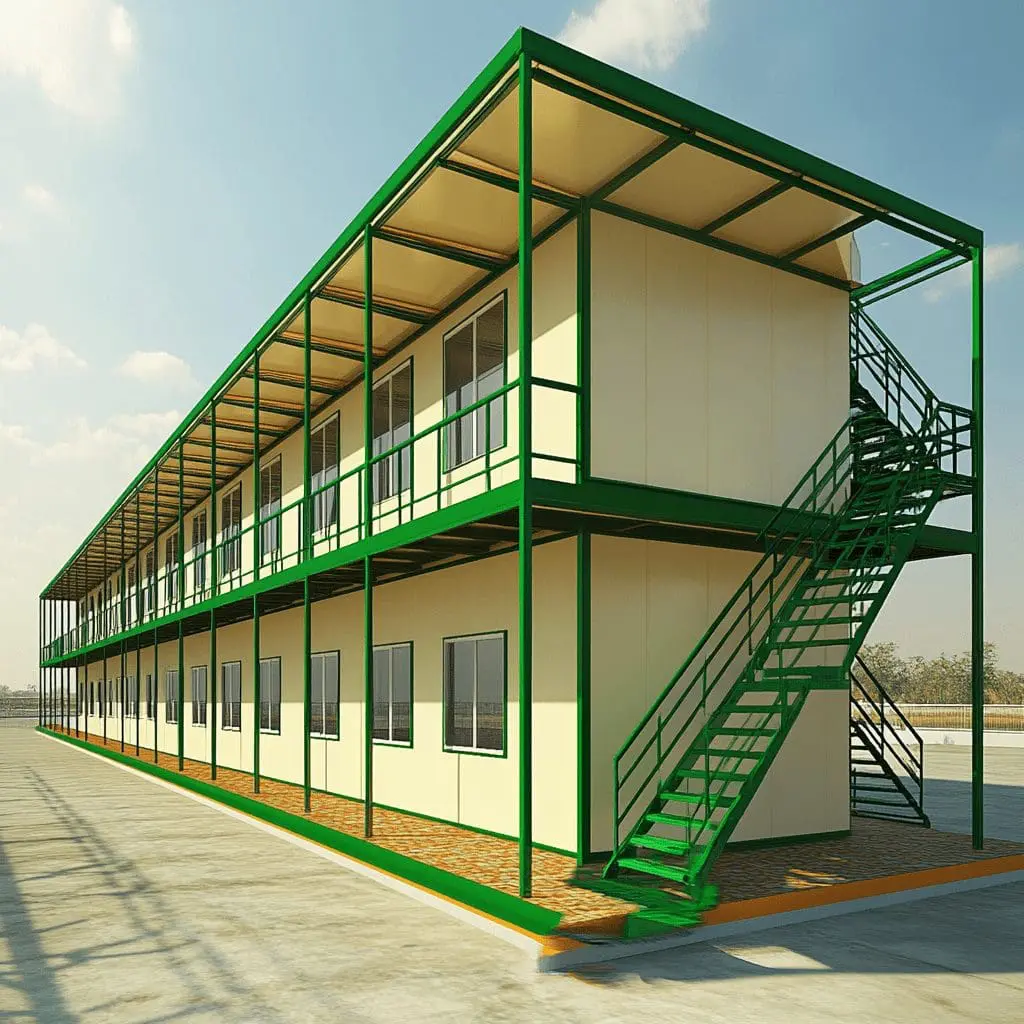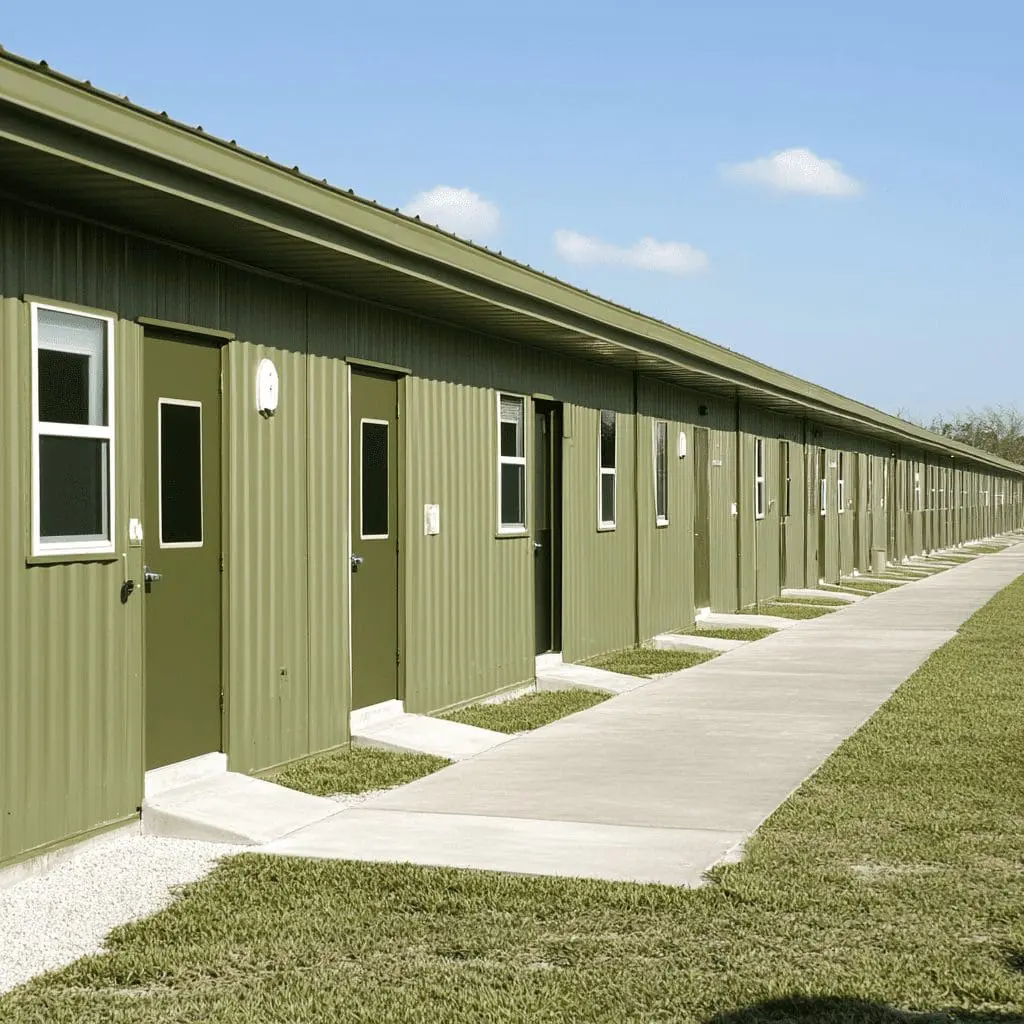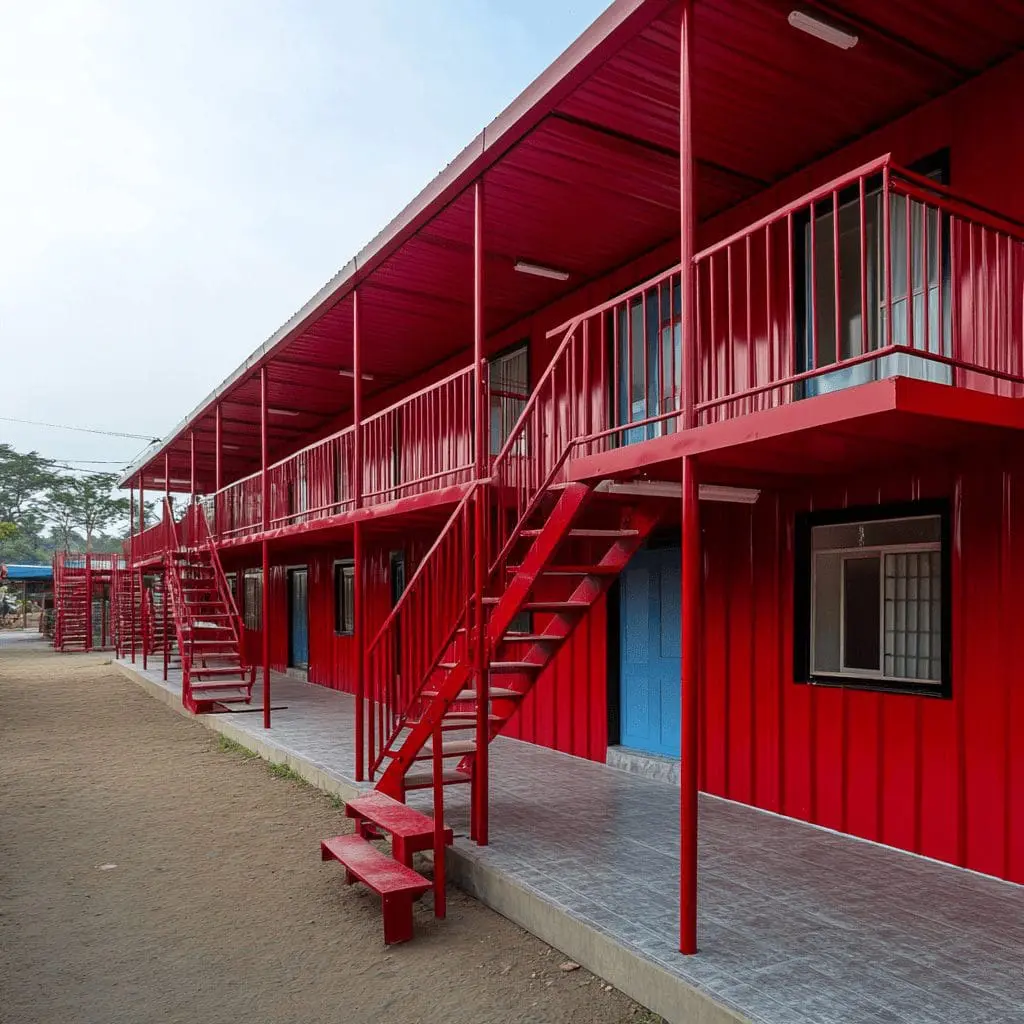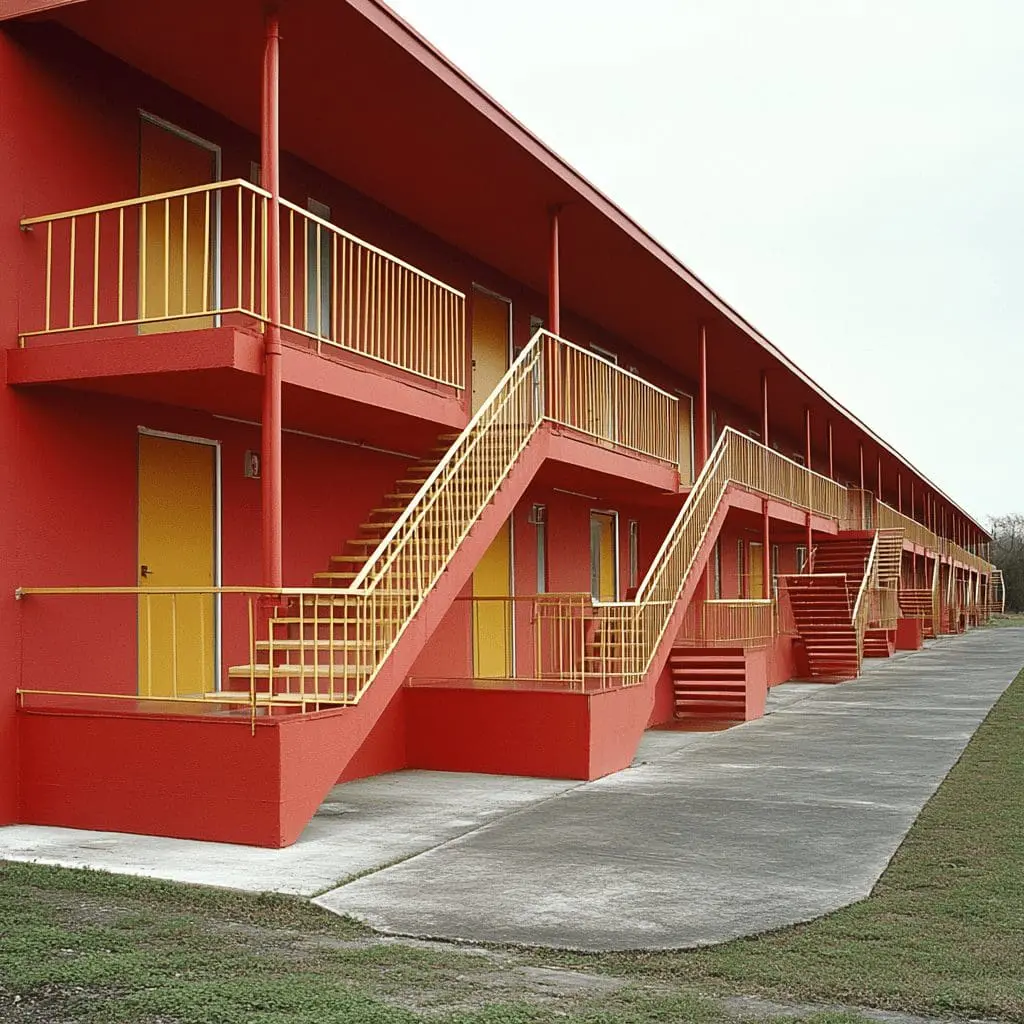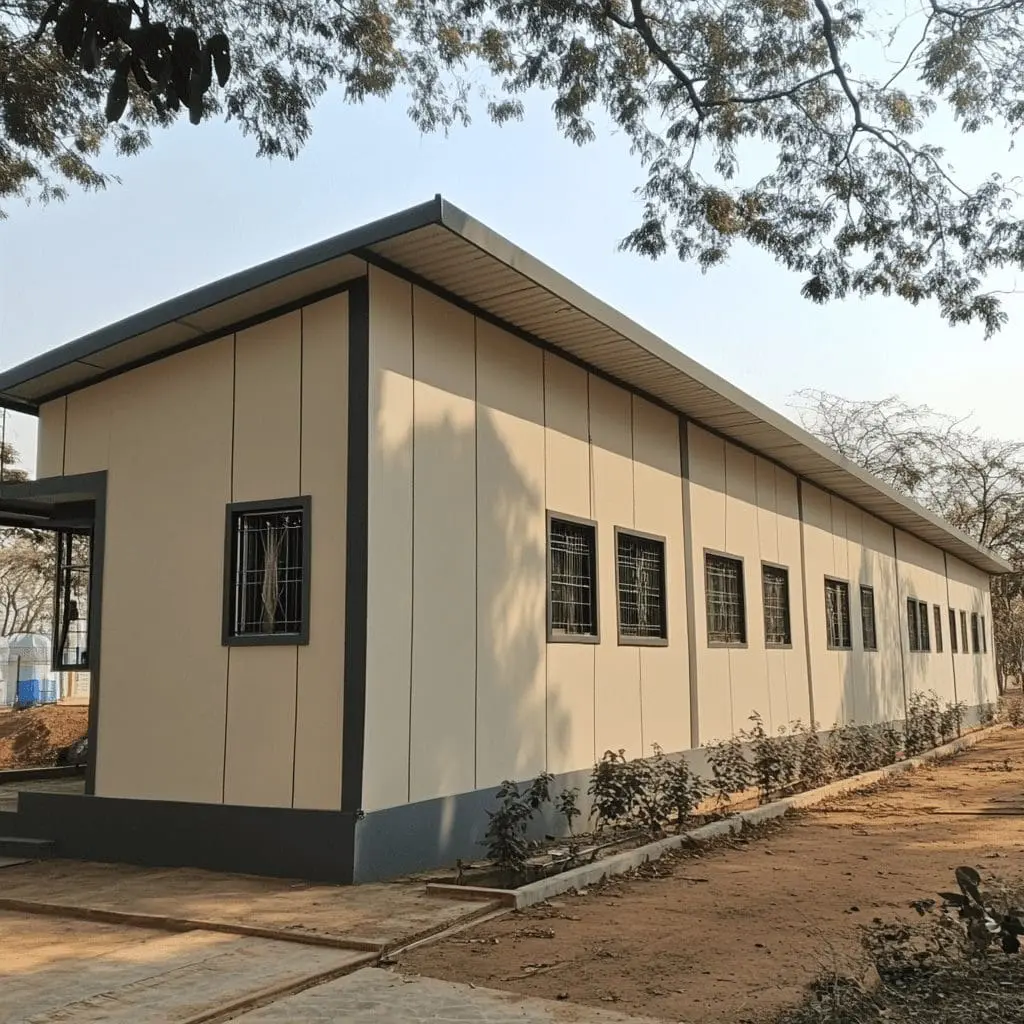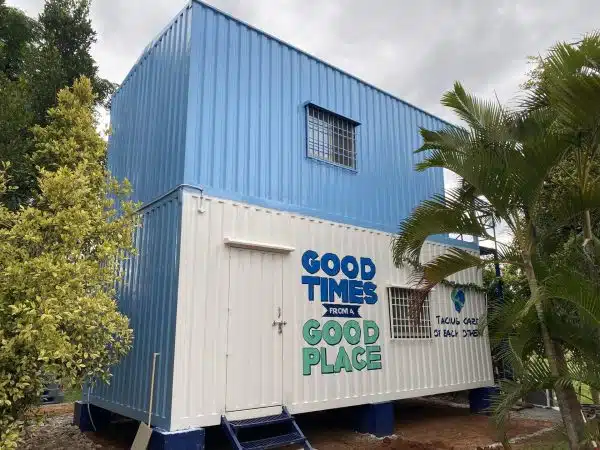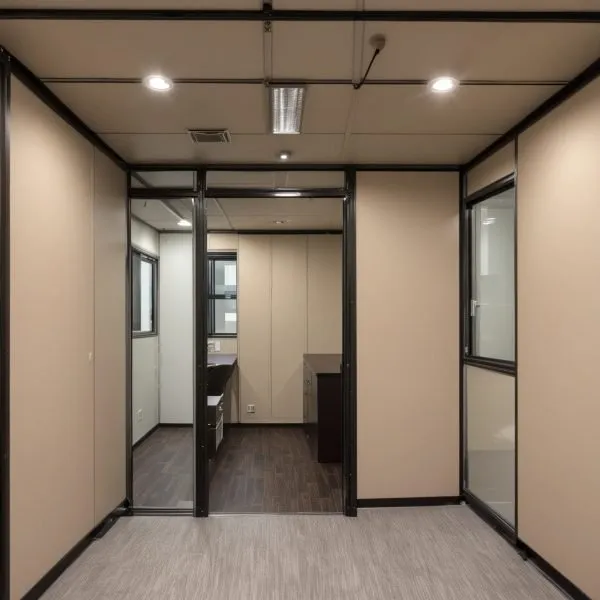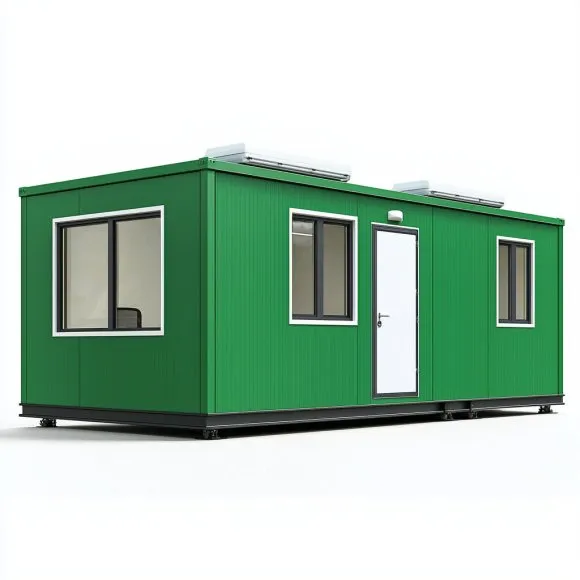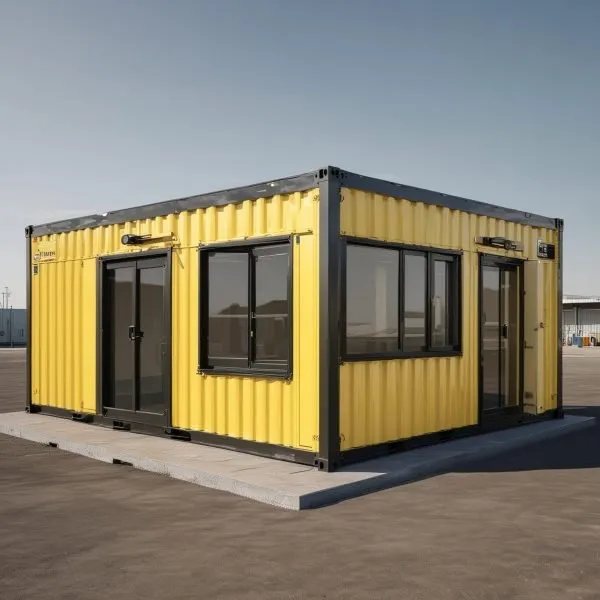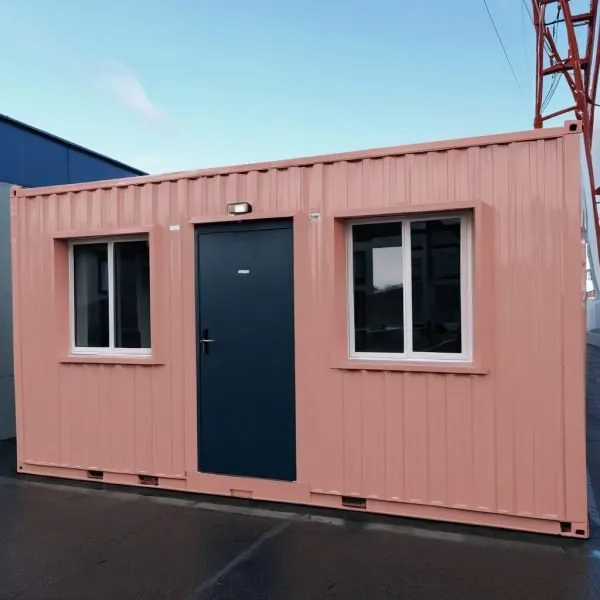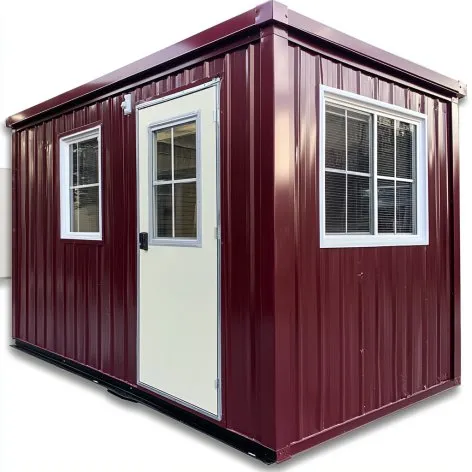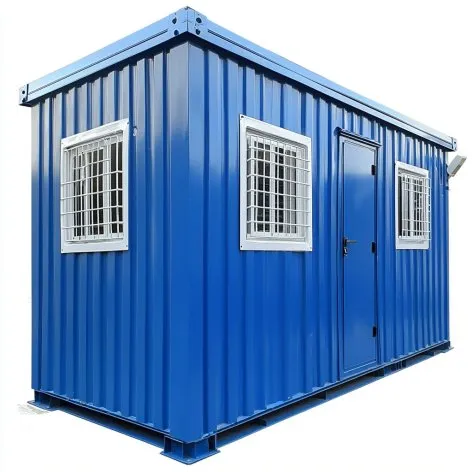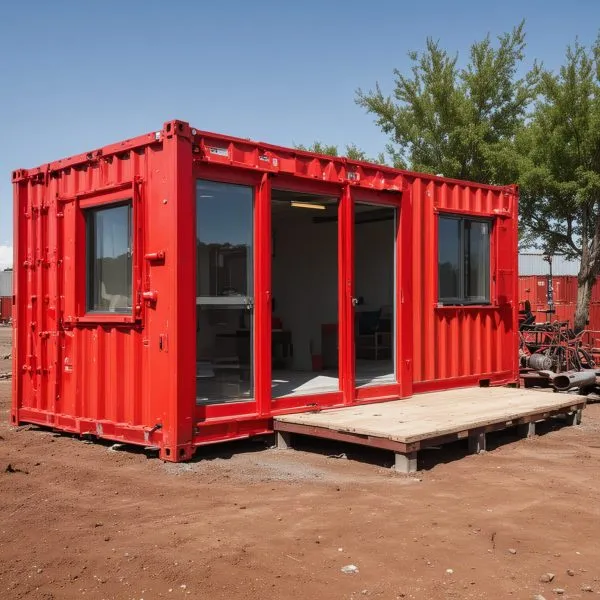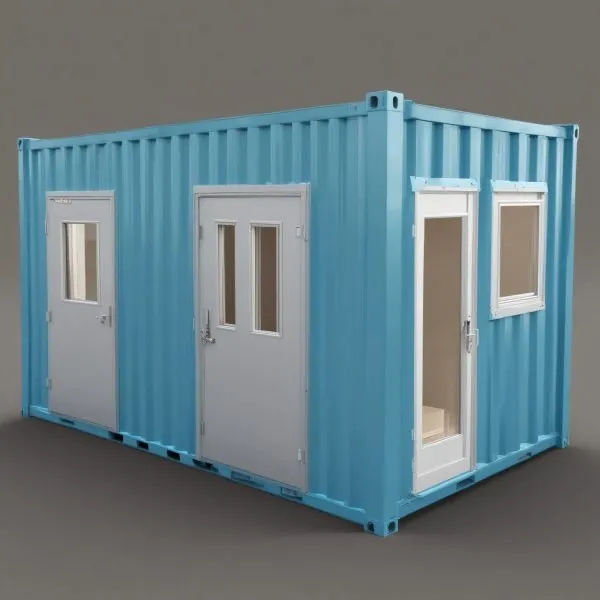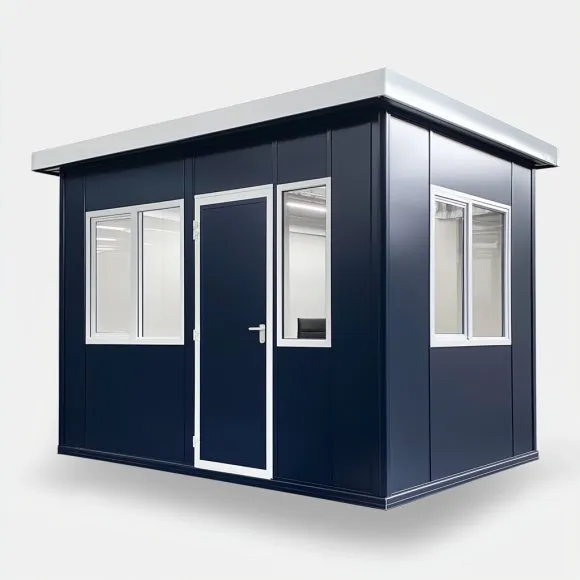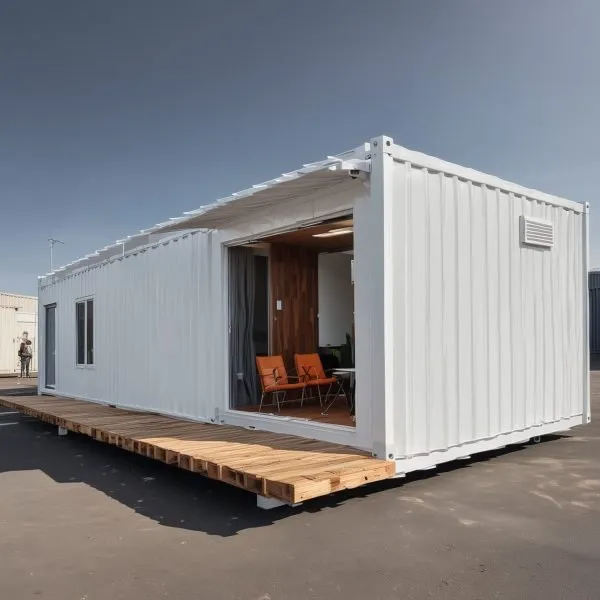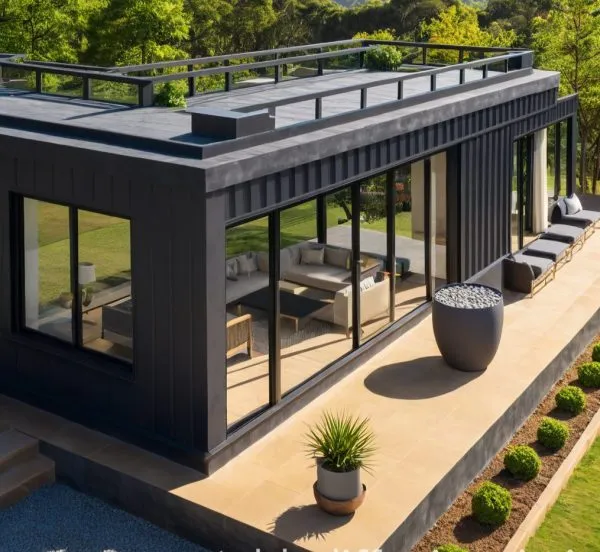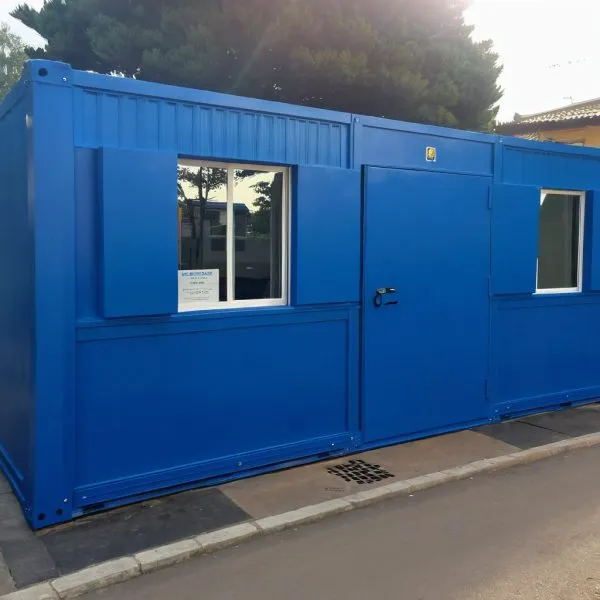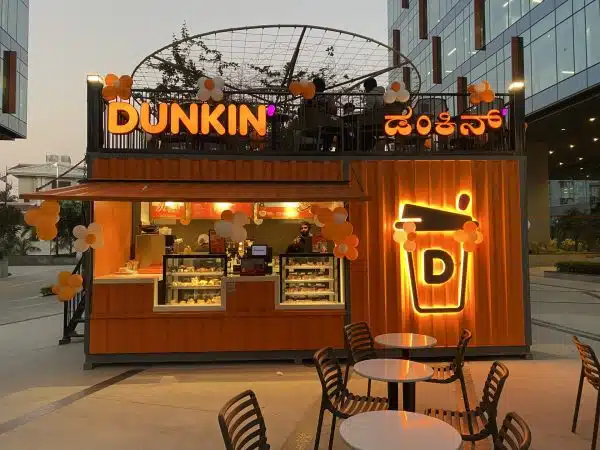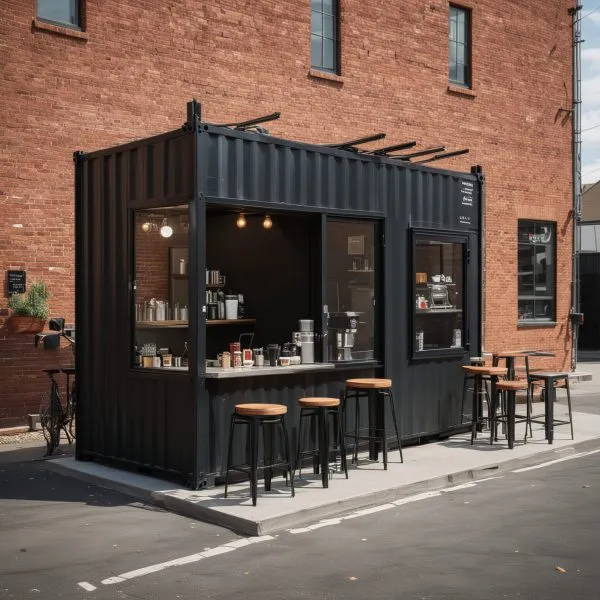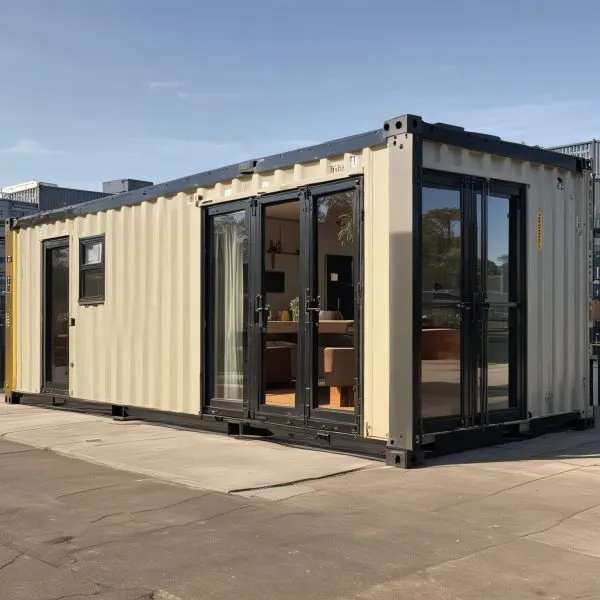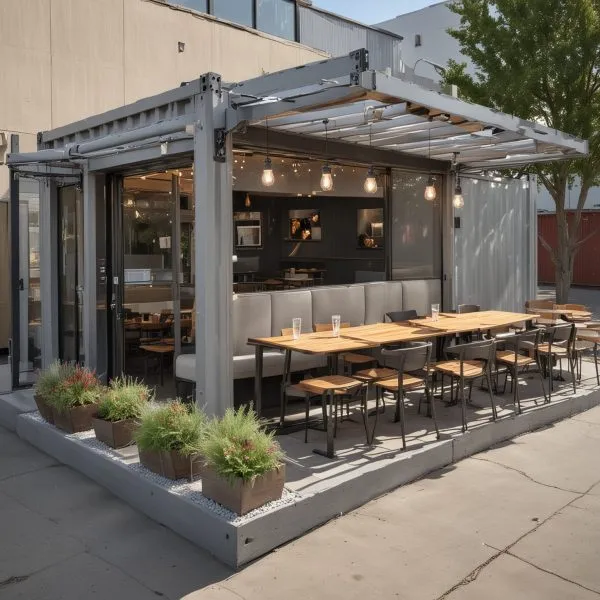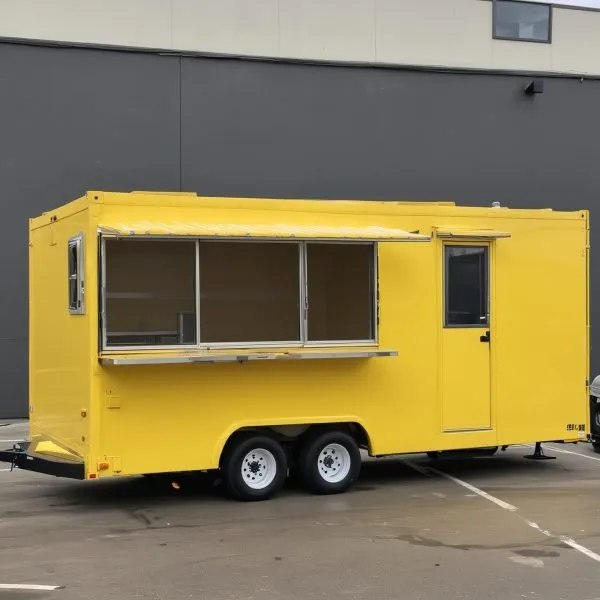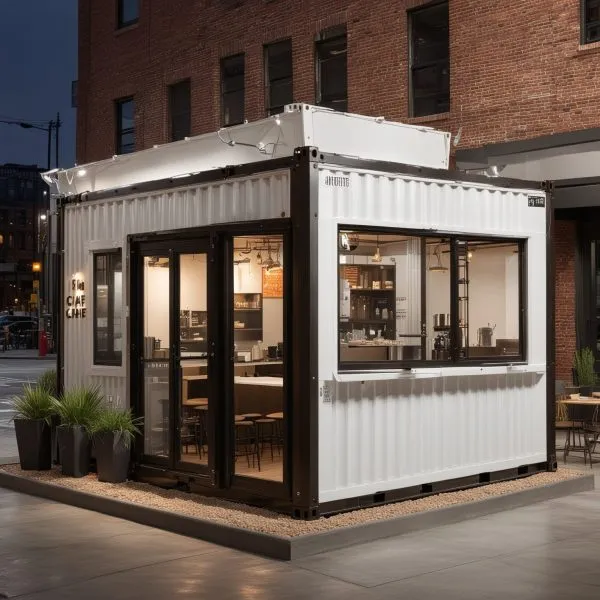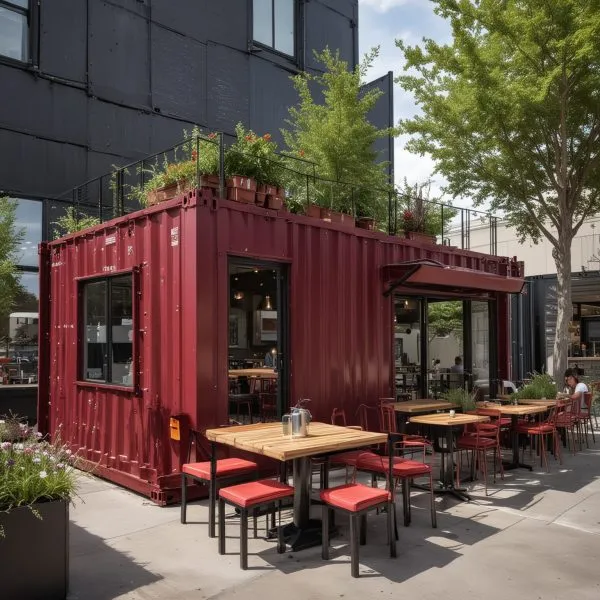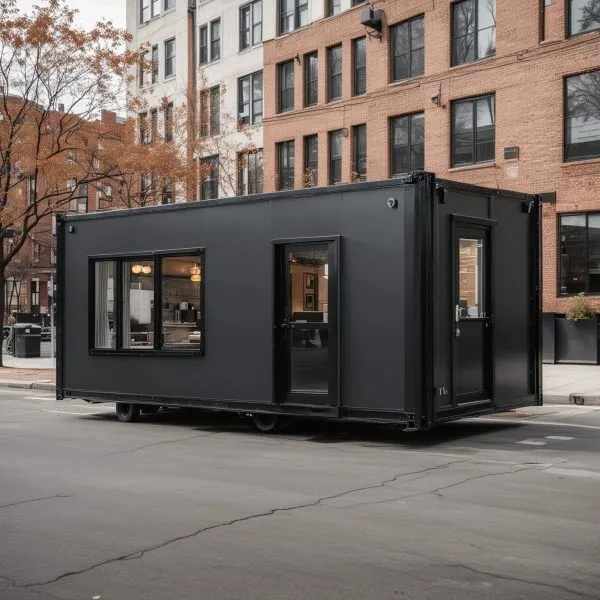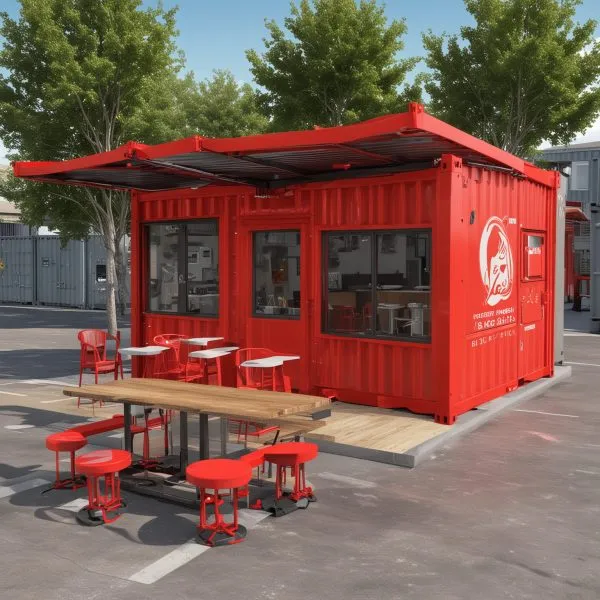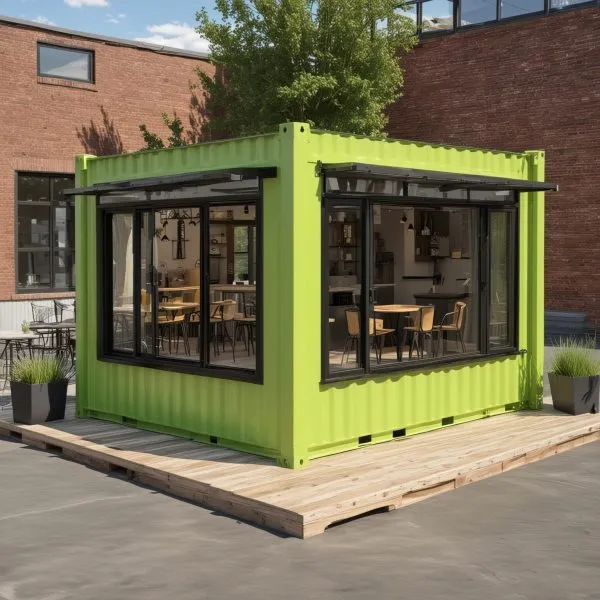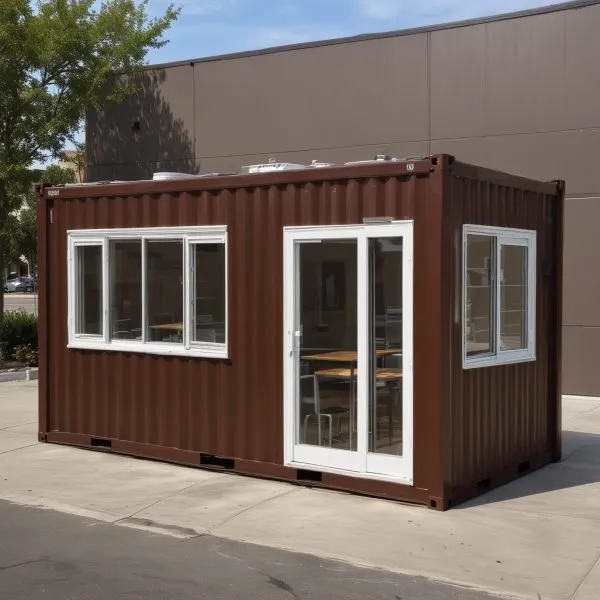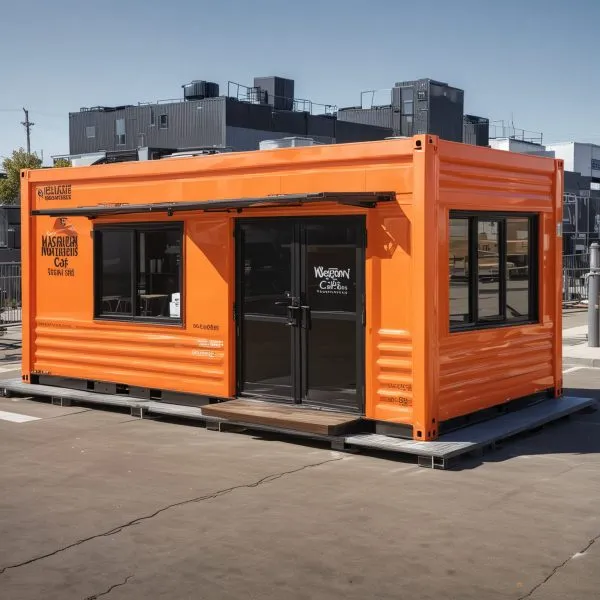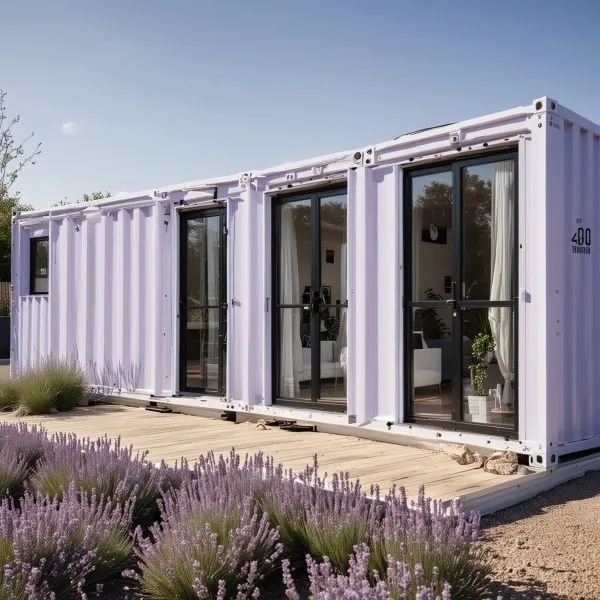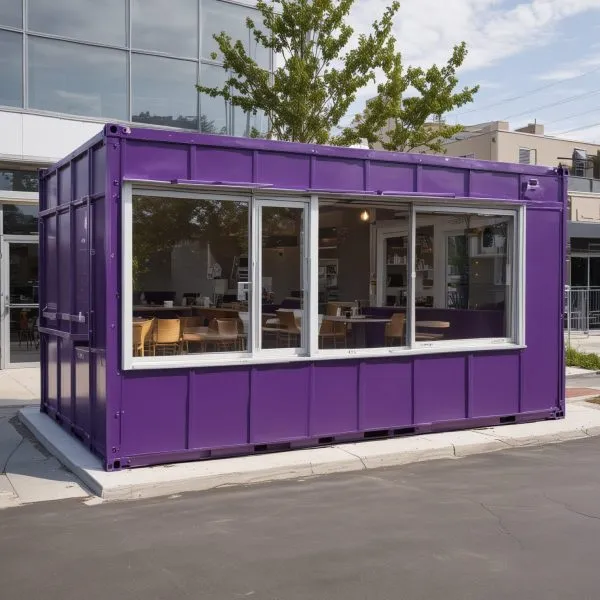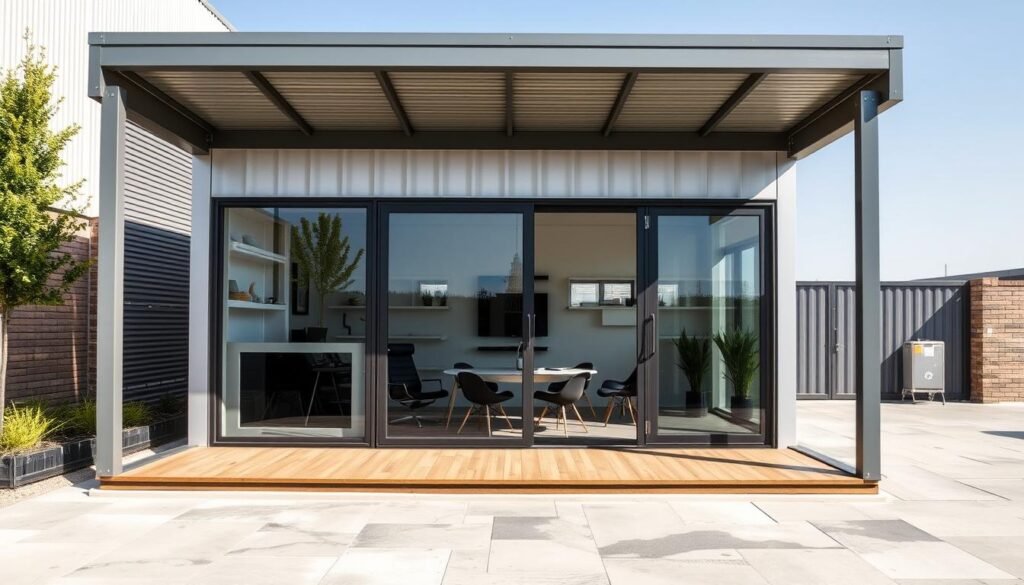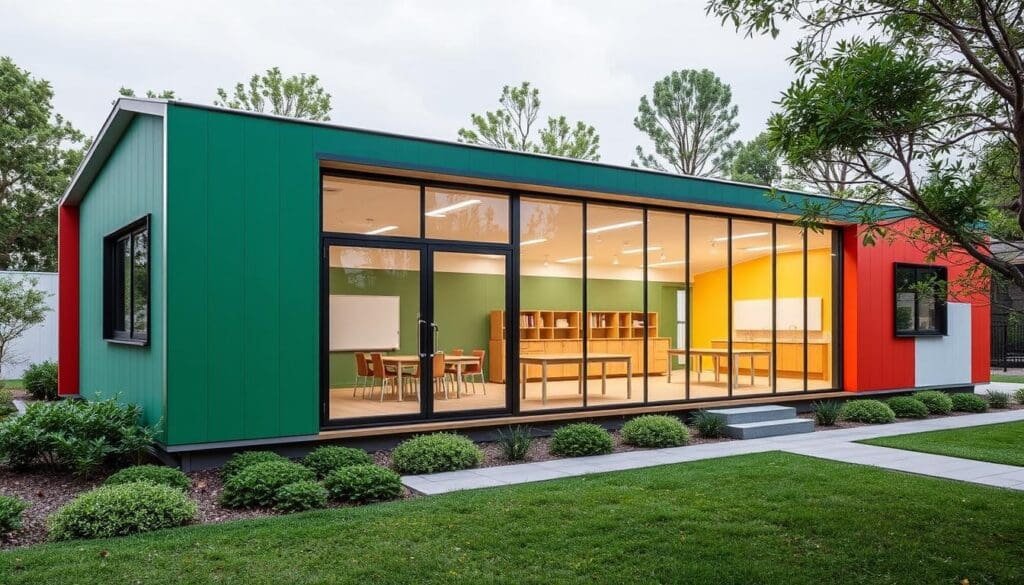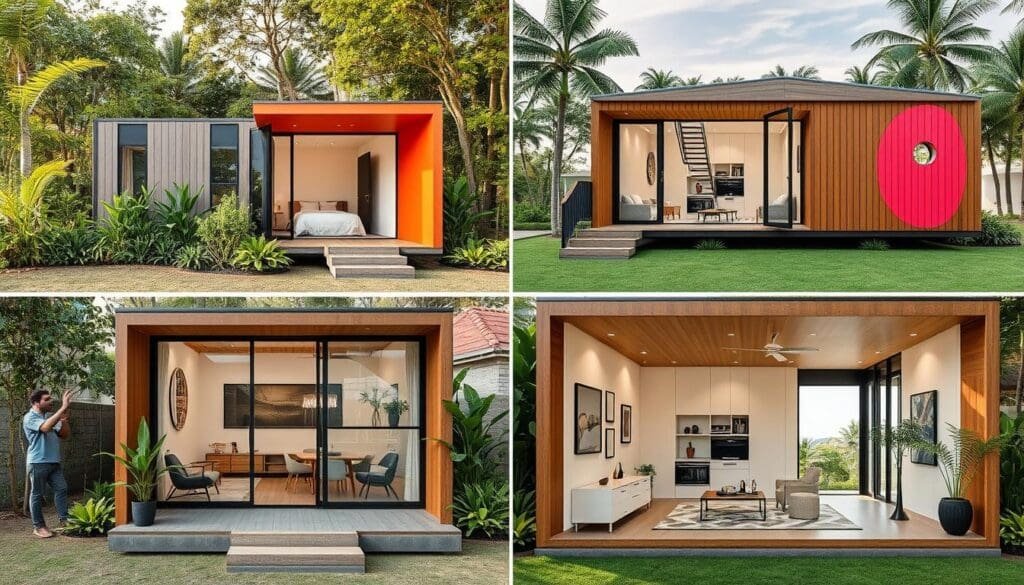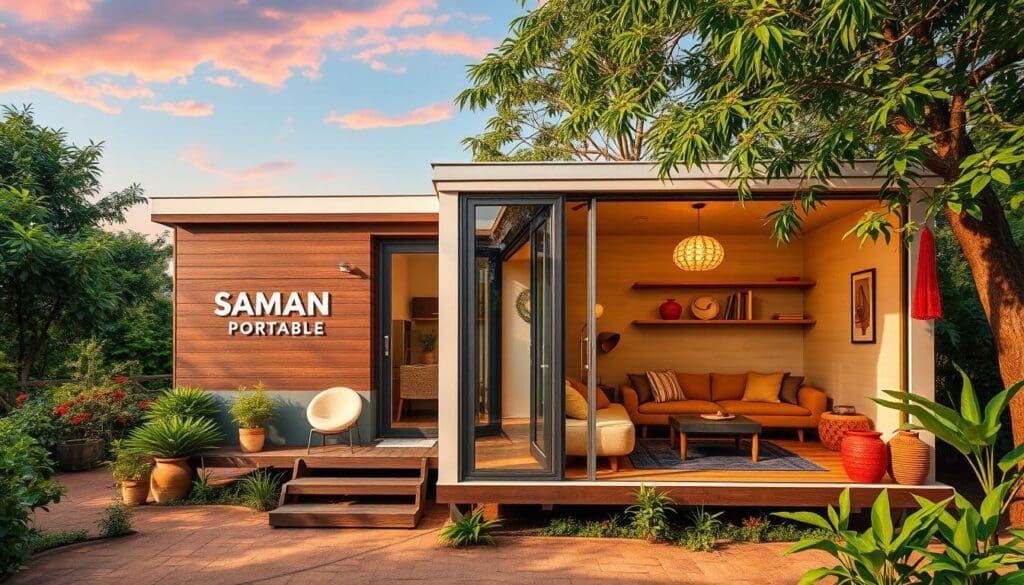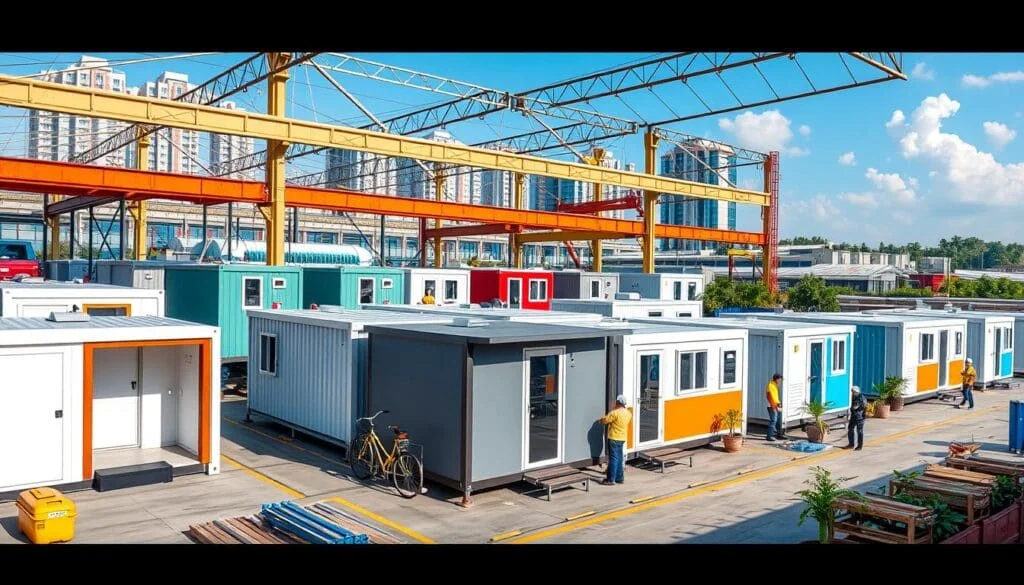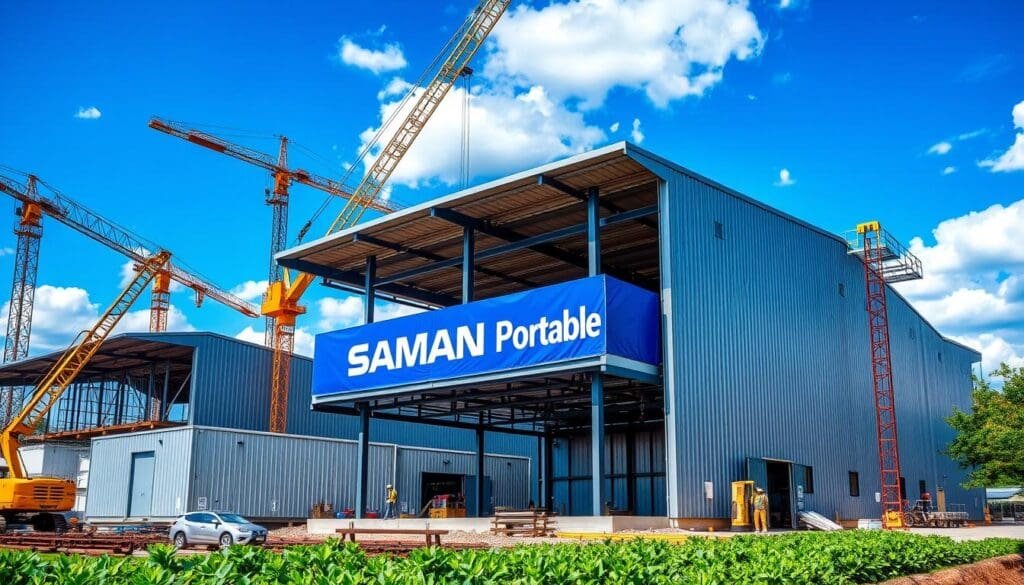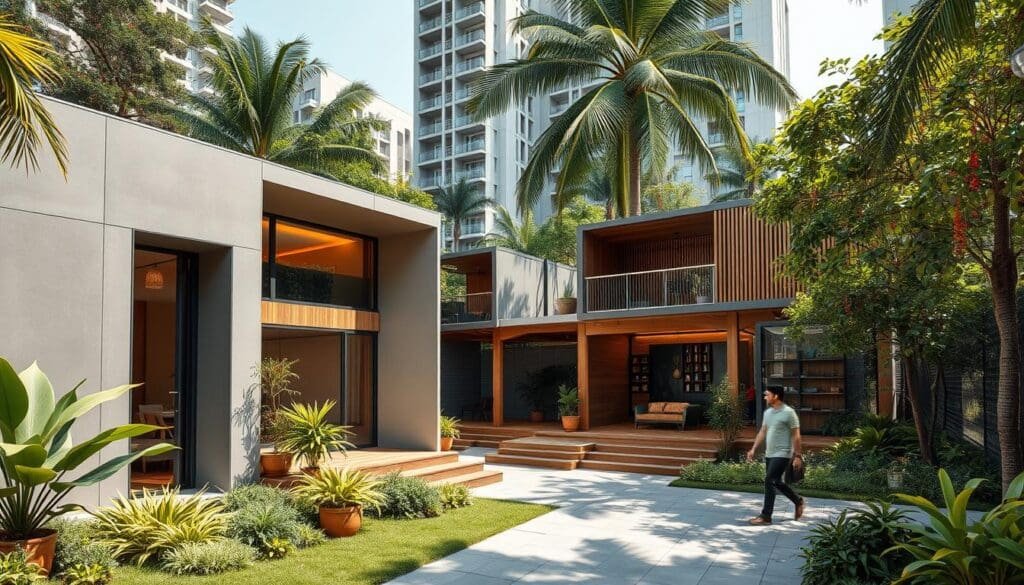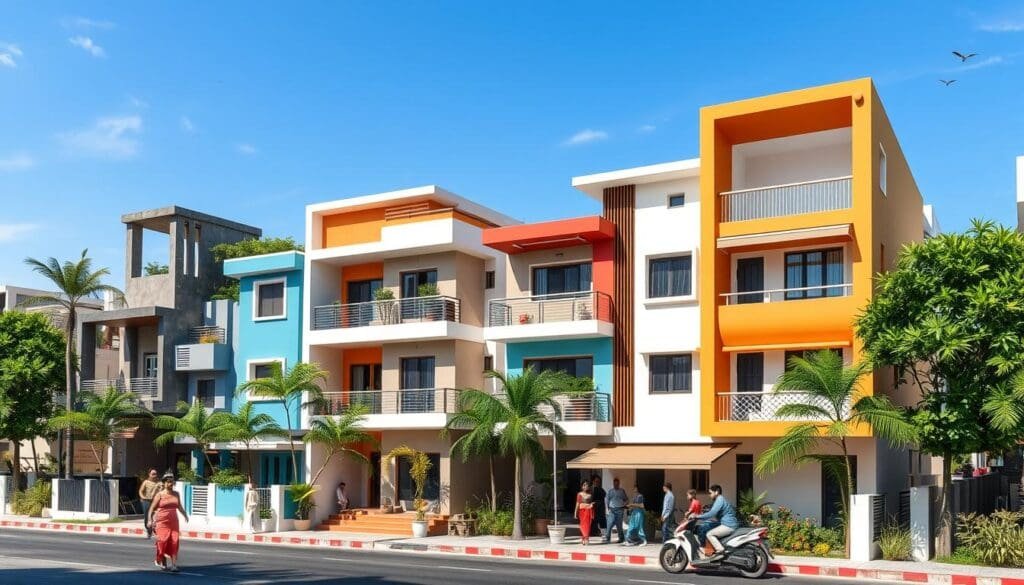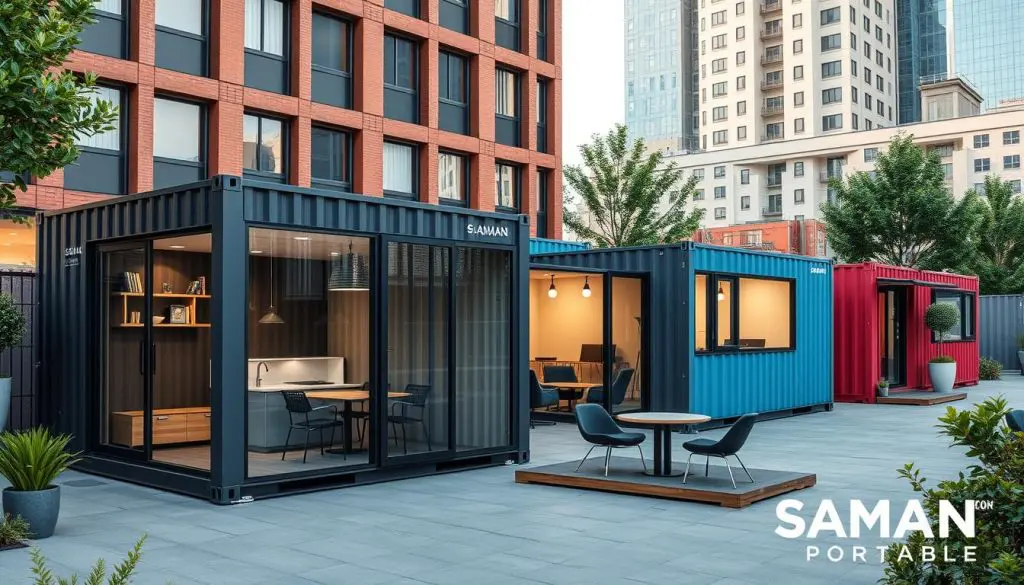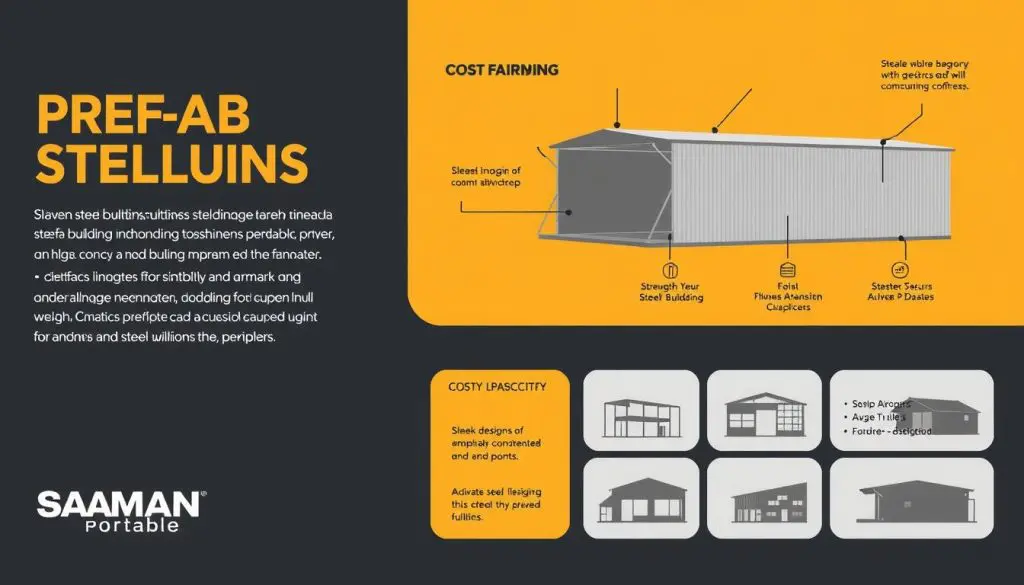Top PEB and Prefabricated Manufacturers in India: Leaders, Comparisons, and Industry Insights
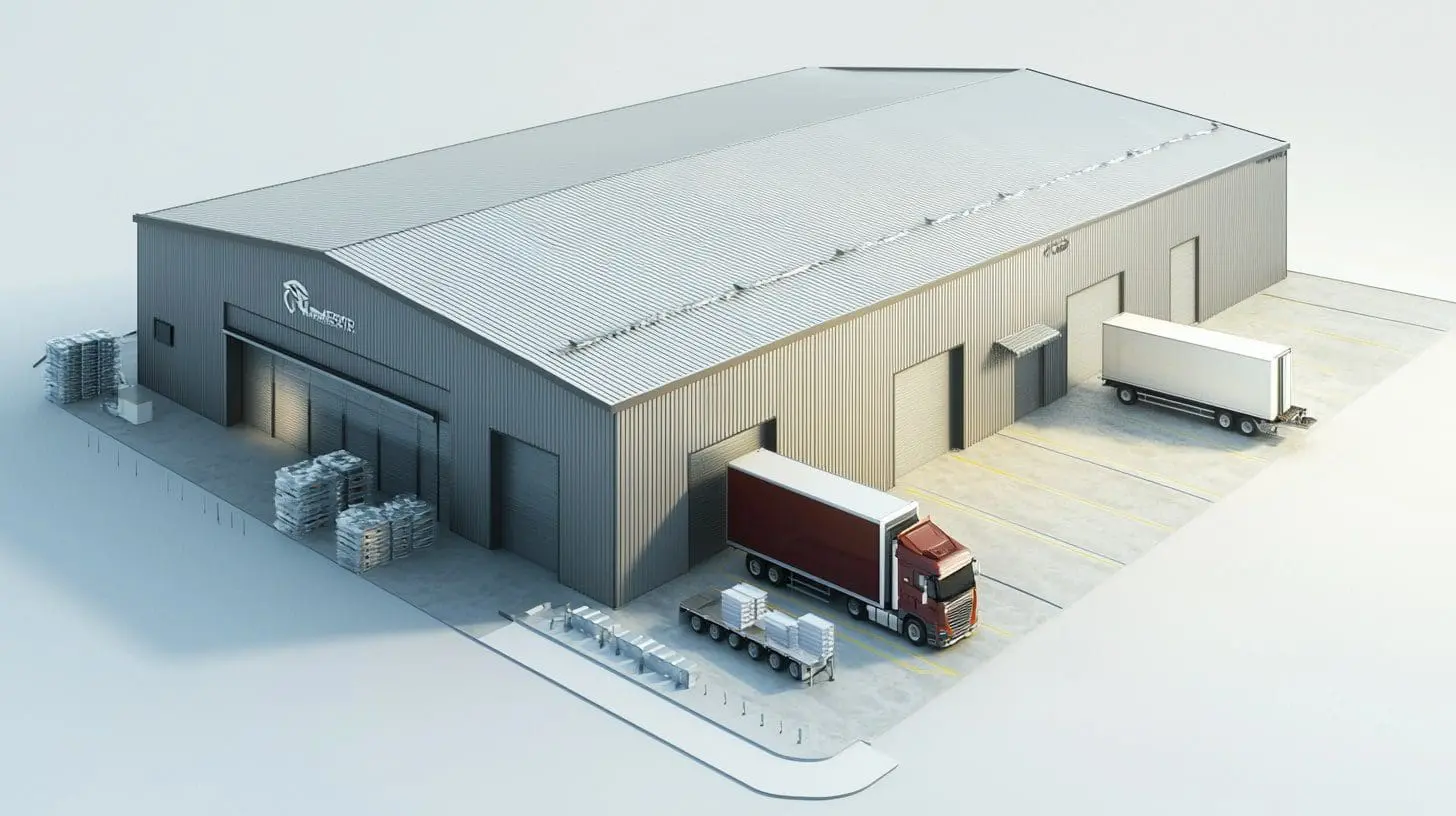
Introduction to PEB building manufacturers in India
Understanding the Growth of PEB and Prefabricated Structures in India
The demand for pre-engineered buildings (PEBs) and prefabricated structures has surged in India, with industries like warehousing, manufacturing, and retail increasingly recognizing the benefits of these versatile constructions. The PEB industry in India has grown significantly, driven by the need for fast, cost-effective building solutions that offer both durability and flexibility. Unlike traditional buildings, PEBs are manufactured off-site and then assembled on location, enabling rapid construction and minimizing labor and material costs. This unique approach not only reduces project timelines but also provides businesses with customized structures that meet their specific operational requirements.
Indian PEB and prefabricated building manufacturers are continually advancing their processes to provide quality and efficiency in each project. For instance, modular prefab buildings are commonly used in both urban and remote locations, providing an ideal solution for projects requiring temporary or quickly deployable buildings. These structures are becoming essential for sectors that prioritize rapid setup and minimal disruption.
The Importance of PEB Manufacturers in Modern Construction
The role of PEB manufacturers in India is vital to the country’s infrastructure development, especially as sectors like logistics, industrial manufacturing, and retail expand. Prefabricated and pre-engineered buildings provide the scalability and adaptability that businesses need in a rapidly changing market. Indian manufacturers, equipped with the latest prefabrication technologies, are helping meet these demands by delivering a range of building solutions, from container houses to large-scale industrial warehouses.
PEB manufacturers contribute to India’s development by reducing the dependency on traditional, resource-intensive building methods. The prefabrication process used by these companies emphasizes efficient material use and high-quality production standards, aligning with sustainable practices and supporting India’s push toward green building solutions.
Growth of PEB Building Manufacturers in India
The PEB manufacturing sector in India has seen a steady rise, driven by demand from both private and public sectors. Major PEB manufacturers are now offering structures like portable cabins for temporary offices, modular classrooms, and healthcare facilities. This sector growth reflects the versatility of PEBs and their suitability for various industries, including logistics and agriculture. The efficiency and adaptability of these structures enable companies to scale their operations quickly, providing an ideal solution for India’s growing construction needs.
In the upcoming sections, we will explore the top PEB manufacturers in India, their unique strengths, and the innovations they bring to the industry, showcasing the essential role of PEB companies in shaping modern infrastructure across the country.
Discover why PEB buildings are the future of construction by exploring our PEB Buildings Benefits, Features & Applications page. Learn about their numerous advantages.
Overview of the PEB Manufacturing Process
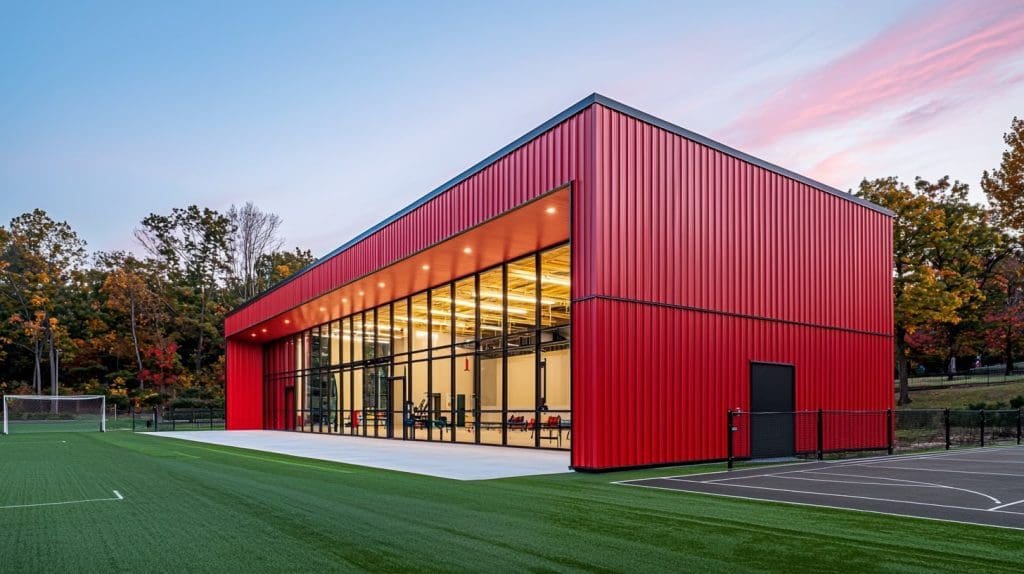
Understanding the Manufacturing Process of Pre-Engineered Buildings
The process of manufacturing pre-engineered buildings (PEBs) is a sophisticated operation that combines precision engineering with efficient assembly practices to deliver high-quality structures. Unlike traditional buildings, where construction takes place on-site over extended periods, PEBs are largely fabricated in factories. This approach reduces on-site construction time, minimizes labor costs, and ensures that each component meets strict quality standards.
The PEB manufacturing process begins with a detailed design phase, where engineers collaborate to create a customized blueprint based on the client’s requirements. Once the design is finalized, the building’s components—such as steel frames, wall claddings, and roof panels—are fabricated using advanced machinery. These parts are manufactured to exact specifications, allowing for a seamless assembly on-site. Indian manufacturers have become highly skilled in this prefabrication process, which is evident in products like prefab modular buildings, known for their durability and rapid installation.
Precision in Prefabrication and Quality Control
Prefabrication plays a key role in ensuring the structural integrity and durability of PEBs. By manufacturing components in a controlled environment, PEB manufacturers in India can oversee every aspect of production, from material selection to quality control. Advanced quality assurance protocols, including material testing and stress analysis, are implemented to confirm that each component meets industry standards. This attention to detail makes PEBs an ideal solution for industries that require strong and resilient structures, such as container-based facilities used in industrial and logistical operations.
Prefabrication also contributes to environmental sustainability, as it minimizes waste and supports the use of recyclable materials. Indian PEB manufacturers are increasingly adopting green practices, making prefabricated structures an eco-friendly choice in modern construction.
The Assembly Process On-Site
Once the prefabricated components are ready, they are transported to the construction site for assembly. PEBs are designed to be modular, meaning that parts fit together easily without the need for extensive modifications. This assembly process is fast, efficient, and requires fewer labor resources compared to traditional construction. Structures like portable cabins and modular office spaces can often be completed within days, depending on the project’s complexity.
On-site assembly typically involves bolting, welding, and securing structural elements, ensuring the building meets safety and durability standards. Indian manufacturers have optimized the assembly process to deliver high-quality structures within tight timelines, making PEBs a favored choice for companies that require rapid and reliable building solutions.
Adaptation to Different Industry Needs
The versatility of PEBs lies in their adaptability. Indian manufacturers can produce custom components that cater to various sectors, from industrial storage to educational facilities. For example, modular office buildings are tailored to meet workspace requirements, incorporating features like insulation, ventilation, and energy-efficient lighting. This flexibility enables PEB manufacturers to provide structures that align perfectly with specific industry needs.
The PEB manufacturing process is a testament to efficiency, sustainability, and precision, offering India’s construction industry a robust solution to meet modern infrastructure demands.
Strengthen your design knowledge with our Design of PEB Structure: Key Elements guide, covering all essential aspects of PEB designs.
Key Qualities of Leading PEB Manufacturers in India
Commitment to Quality and Durability
Leading PEB manufacturers in India emphasize quality and durability as their core principles. These manufacturers understand that pre-engineered buildings (PEBs) must meet strict structural and safety standards to serve diverse industries effectively. Quality assurance begins with the selection of premium materials, such as high-grade steel, which is known for its strength and resilience. This material is often treated with corrosion-resistant coatings to enhance its longevity, making it suitable for both temporary structures, like portable modular cabins, and large industrial facilities exposed to varying weather conditions.
Manufacturers also implement rigorous quality control measures throughout the manufacturing process. Each component undergoes testing to ensure it meets the required safety and durability standards. By focusing on quality, PEB manufacturers provide structures that withstand demanding operational environments, reinforcing their reliability and establishing trust with clients across various sectors.
Compliance with Industry Standards and Certifications
Indian PEB manufacturers are committed to complying with local and international building standards, ensuring their structures are safe and reliable. Compliance includes adhering to building codes related to load capacity, wind resistance, seismic stability, and fire safety. Certifications like ISO are common among reputable PEB manufacturers, reflecting their dedication to maintaining high production standards. Such adherence to industry regulations is especially important for prefabricated industrial buildings, which require robust construction to support heavy machinery and storage loads.
Certifications and adherence to safety standards not only enhance a manufacturer’s credibility but also reassure clients that the structures they invest in meet quality benchmarks. For industries where safety is critical, such as manufacturing and logistics, these certifications are essential when choosing a reliable PEB partner.
Focus on Customization and Client-Centric Solutions
A major strength of top PEB manufacturers in India is their focus on customization, enabling them to meet each client’s unique requirements. From layout modifications to specific finishes, these manufacturers offer flexibility in design to accommodate various operational needs. For example, container-based modular units can be customized with insulation, HVAC systems, and advanced lighting to create functional spaces suited to both residential and commercial use.
Client-centric solutions extend beyond customization, with many manufacturers providing project support services like on-site assembly, maintenance, and post-construction support. By focusing on client needs, these manufacturers ensure that each project is tailored precisely, whether it’s a small temporary office or a large, permanent warehouse. This customer-focused approach has been key to establishing strong partnerships across industries and regions.
Innovation and Technological Advancement
Leading PEB manufacturers in India are continually exploring innovations to enhance efficiency, quality, and sustainability in their projects. Many have incorporated modern technologies, such as Building Information Modeling (BIM) and advanced prefabrication machinery, to streamline design and production processes. BIM allows manufacturers to create detailed digital models that improve precision, reduce errors, and enhance collaboration. Such technology is particularly valuable in the planning stages of complex projects, like modular office buildings, where customization and adaptability are paramount.
Additionally, Indian PEB manufacturers are adopting eco-friendly practices, integrating recyclable materials and energy-efficient systems into their buildings. This focus on innovation helps them remain competitive while addressing the growing demand for sustainable building options.
With an emphasis on quality, compliance, customization, and technological advancement, India’s top PEB manufacturers are setting new standards in the prefabricated building industry. Their commitment to these qualities enables them to deliver versatile, high-quality structures suited for India’s expanding construction market.
Transform your residential projects by visiting our detailed guides on Prefabricated Houses in Hyderabad and Prefabricated Houses in Kerala.
Top PEB Building Manufacturers in India
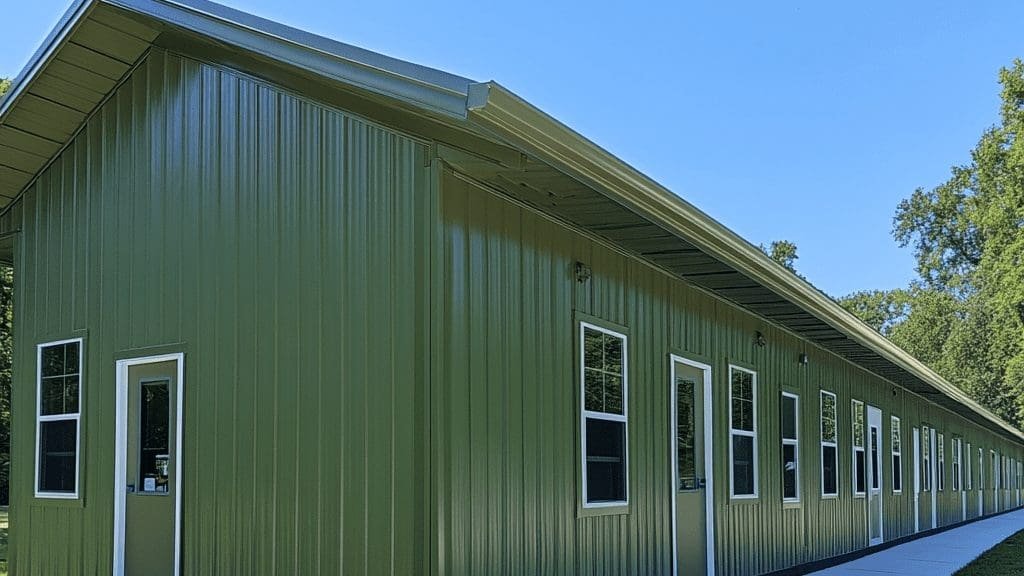
Profiles of Leading PEB Companies
India’s top PEB (pre-engineered building) manufacturers are setting high standards by offering quality, efficiency, and customization in prefabricated building solutions. These companies provide services across various industries, from industrial warehouses to commercial spaces, leveraging advanced prefabrication techniques to deliver durable and reliable structures. Leading PEB manufacturers are recognized for their expertise, project management capabilities, and commitment to quality, making them trusted partners for large-scale projects in sectors such as logistics, retail, and industrial manufacturing.
One example is companies known for producing prefab modular buildings that are highly adaptable to client requirements. These companies offer customizable features like insulated walls, fire-resistant materials, and specialized roofing, catering to diverse industries needing tailored solutions for specific operational needs.
Specializations and Services Offered
The top PEB manufacturers in India offer a comprehensive range of services, from initial design consultation to on-site assembly and post-construction support. Many of these manufacturers specialize in providing solutions for high-demand industries, offering structures that support heavy loads and accommodate large-scale equipment. For instance, manufacturers producing container-based modular units can create sturdy, scalable solutions ideal for warehousing, temporary accommodation, and modular office spaces.
In addition to the basic PEB structure, these companies provide enhanced services, such as project management and logistics support, to streamline the construction process. With their expertise, leading manufacturers can manage complex projects that require compliance with strict safety standards and industry regulations, ensuring that each building is delivered on time and meets the client’s specific needs.
Reputation and Market Reach
Top Indian PEB manufacturers have built a solid reputation through years of consistent delivery and customer satisfaction. Their reach extends across India, with projects in both urban and rural areas, including remote locations where traditional construction may be challenging. This extensive market presence allows these manufacturers to understand local requirements, such as climate considerations and regional building codes, which play a critical role in the functionality and durability of structures like portable industrial cabins.
Many of these companies are also expanding internationally, showcasing India’s capability to compete on a global scale in the prefabricated building industry. The global expansion is fueled by their expertise in handling diverse projects, which include everything from temporary shelters to permanent, multi-story buildings.
What Sets Them Apart?
The leading PEB manufacturers stand out for their emphasis on innovation and sustainability. By incorporating eco-friendly materials, energy-efficient design elements, and waste reduction practices, these manufacturers support India’s move towards greener building practices. They offer structures like modular office spaces, which can include sustainable features such as LED lighting, efficient HVAC systems, and recyclable materials, catering to the needs of environmentally conscious clients.
These manufacturers are also known for their customer-oriented approach, offering tailored solutions and comprehensive support services that guide clients from design to completion. This commitment to quality and customer satisfaction has earned them a place among India’s most reputable PEB providers, meeting the needs of businesses across industries with flexible and high-quality prefabricated solutions.
India’s top PEB manufacturers continue to lead by example, providing a reliable, cost-effective, and sustainable approach to modern construction, with structures that meet the diverse demands of India’s evolving infrastructure landscape.
Gain insights into successful prefab projects by reading our Prefabricated House in Pune Overview, showcasing effective implementations.
Comparison of PEB Manufacturers in India
Evaluating Services and Capabilities
Choosing the right PEB (pre-engineered building) manufacturer is crucial for businesses seeking reliable, cost-effective, and tailored building solutions. A comparison of the top PEB manufacturers in India reveals differences in services, capabilities, and focus areas that can impact project outcomes. While some manufacturers specialize in delivering basic modular structures, others offer extensive customization options, high-end materials, and advanced prefabrication technologies. For instance, companies focused on modular prefab buildings provide clients with a range of options to adjust layout, insulation, and cladding, allowing for specific industry requirements to be met.
Customization and Flexibility
Customization capabilities are often a deciding factor when comparing PEB manufacturers. Leading manufacturers provide flexible design and construction options that allow businesses to tailor buildings to their needs. This flexibility includes options for specialized wall panels, insulated roofs, and even fire-resistant materials for added safety. For companies needing modular structures that can be adapted for various purposes, such as container-based structures, customization is a valuable asset. Some PEB manufacturers are known for their expertise in creating highly tailored solutions, making them the preferred choice for industries with specific operational demands.
Project Management and On-Site Support
Another area of comparison lies in project management and on-site assembly support. Some PEB manufacturers offer end-to-end project management, covering everything from design and prefabrication to on-site assembly and post-construction maintenance. This full-service approach is particularly beneficial for complex projects, where coordinated logistics and expert assembly are essential. Companies that offer on-site support and maintenance are often more desirable for industries that require dependable, durable structures, like industrial storage units. In contrast, smaller manufacturers may focus solely on prefabrication, leaving project management to third-party contractors.
Pricing and Cost Efficiency
Pricing is another critical factor that varies among Indian PEB manufacturers. While some providers focus on delivering budget-friendly options, others emphasize high-quality materials and advanced technologies, which can increase project costs. For businesses looking to balance quality with affordability, comparing pricing structures among different manufacturers can help identify the best fit. Some manufacturers offer competitively priced prefabricated industrial buildings with basic, functional designs, while others may provide premium options with additional features, such as energy-efficient lighting and advanced insulation.
Technology and Innovation
Indian PEB manufacturers also differ in their adoption of modern technology and innovative building practices. Advanced companies integrate technologies like Building Information Modeling (BIM) and automated prefabrication machinery, which enhance accuracy, reduce production times, and lower costs. Manufacturers using BIM can create highly detailed 3D models, allowing clients to visualize projects and make informed design decisions. For example, manufacturers of custom modular office spaces can utilize these technologies to streamline production, creating structures that are both functional and aesthetically appealing.
Sustainability Practices
Environmental sustainability is an increasingly important factor in PEB manufacturing, with some companies making significant strides in eco-friendly practices. Leading manufacturers incorporate recyclable materials, waste reduction techniques, and energy-efficient building elements into their projects. Businesses that prioritize sustainability may prefer manufacturers offering green building options, such as insulated panels and energy-saving HVAC systems, which reduce energy costs and carbon footprints.
This comparison of PEB manufacturers in India provides valuable insights for businesses to select a provider that aligns with their specific needs, budget, and sustainability goals, ensuring a smooth and successful building experience.
Optimize your farm housing with expert advice from our Prefab Farm Homes India Guide, designed to enhance agricultural living spaces.
Role of Prefabricated Technology in PEB Manufacturing
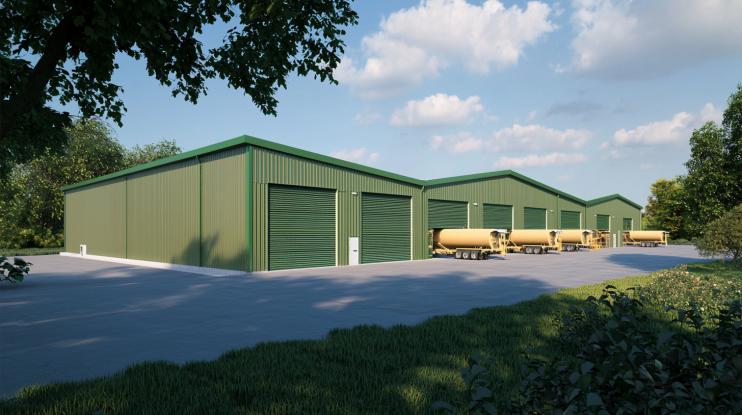
Efficiency and Speed through Prefabrication
Prefabricated technology is at the core of the PEB (pre-engineered building) industry, offering unparalleled efficiency and speed compared to traditional construction methods. The prefabrication process involves manufacturing building components in a controlled factory environment, which allows for greater precision, consistent quality, and reduced construction timelines. Once fabricated, these components are transported to the construction site for quick assembly. This process significantly reduces on-site labor costs and shortens project timelines, which is especially valuable for businesses needing rapid solutions like prefabricated office buildings and temporary storage facilities.
By adopting prefabrication, PEB manufacturers ensure that their projects are both time-efficient and cost-effective, making this approach highly popular in India’s construction sector. Prefabricated technology also contributes to improved safety on construction sites, as the bulk of the assembly is completed in a controlled environment, minimizing potential hazards associated with on-site construction.
Quality Control and Consistency in Production
One of the greatest advantages of prefabrication technology in PEB manufacturing is the level of quality control it affords. In a factory setting, every aspect of production can be closely monitored, from material selection to precision cutting and welding. This strict oversight results in high-quality components that meet industry standards and are free from the inconsistencies often found in traditional construction. For instance, manufacturers specializing in custom modular units ensure that each component is fabricated to exact specifications, enabling seamless assembly and a high level of structural integrity.
This level of quality control is particularly crucial for projects in industries where reliability is non-negotiable, such as warehousing, logistics, and manufacturing. By ensuring consistency across all components, PEB manufacturers deliver dependable structures that meet the diverse needs of their clients.
Sustainability Benefits of Prefabrication
Prefabrication technology aligns with sustainable building practices by reducing waste, optimizing material use, and supporting eco-friendly construction methods. Because components are manufactured in a factory, there is minimal waste generated, as materials can be precisely cut and reused as needed. This is particularly beneficial for projects like modular storage facilities, where sustainable practices contribute to both environmental benefits and cost savings.
Furthermore, many PEB manufacturers in India are incorporating sustainable materials, such as recyclable steel and energy-efficient insulation, into their prefabricated components. This focus on sustainability is helping India’s PEB industry to align with global green building standards, making PEBs a preferred choice for businesses seeking environmentally responsible construction solutions.
Flexibility and Scalability for Diverse Applications
Prefabrication technology enables a high degree of flexibility and scalability in PEB design, allowing manufacturers to adapt buildings to meet various industry needs. Modular prefabricated components can be customized to create structures with open layouts or partitioned spaces, depending on the client’s requirements. For example, modular office spaces can be customized with features like HVAC systems, energy-efficient lighting, and ergonomic designs, catering to the unique needs of each business.
Additionally, prefabrication makes it easy to expand PEB structures by adding new modules, providing a scalable solution for businesses anticipating future growth. This adaptability is particularly valuable in sectors like retail, agriculture, and education, where needs may evolve over time. Prefabricated technology allows PEB manufacturers to offer structures that are not only durable and efficient but also capable of adapting to changing demands, making them an ideal choice for India’s dynamic construction landscape.
Enhance your construction methods by exploring our Precast Housing Construction Guide, featuring modern precast technologies.
Sectors Driving Demand for PEB Structures in India
Warehousing and Logistics: The Backbone of PEB Demand
The warehousing and logistics sector is one of the largest drivers of demand for pre-engineered buildings (PEBs) in India. With the rapid growth of e-commerce and the need for efficient supply chain management, companies require large, open spaces that allow easy movement and storage of goods. PEBs are an ideal solution for warehousing needs, as they offer expansive, column-free interiors that maximize storage capacity. For example, prefabricated warehouse units can be quickly assembled, reducing downtime and supporting immediate storage needs. This adaptability has made PEBs a preferred choice for logistics companies looking to establish distribution centers and storage facilities across India.
Additionally, PEB structures can be easily customized to meet industry-specific requirements, such as temperature-controlled spaces for cold storage and enhanced insulation for energy efficiency. As the warehousing and logistics sector continues to expand, the demand for durable, cost-effective, and scalable PEB solutions is set to rise significantly.
Manufacturing and Industrial Facilities
The manufacturing sector is another significant adopter of PEB structures, driven by the need for robust, spacious buildings that can accommodate heavy machinery, equipment, and production lines. Manufacturing plants require open layouts with minimal internal supports to enable efficient workflows, and PEBs offer the structural flexibility to meet these demands. Indian PEB manufacturers provide customized solutions for industrial prefabricated facilities, designed to handle high load capacities, temperature fluctuations, and the rigorous requirements of industrial operations.
PEBs are also ideal for manufacturers looking for a quick setup to meet production timelines, as these structures can be assembled in a fraction of the time required for traditional construction. The scalability of PEBs allows manufacturers to expand their facilities in line with production needs, making them an adaptable choice for dynamic industries.
Retail and Commercial Spaces
PEBs are increasingly popular in the retail sector, where businesses need adaptable spaces that can be customized for both aesthetic appeal and functionality. Shopping centers, showrooms, and retail stores benefit from PEBs’ ability to offer open spaces with attractive, modern designs. Portable commercial units and modular retail spaces can be quickly assembled, allowing businesses to open their doors sooner and operate in both permanent and temporary locations.
Retailers often opt for PEBs due to their cost-effectiveness and customization options, which allow for branding, tailored facades, and personalized interiors. This versatility, combined with the speed of construction, makes PEBs an ideal solution for retail businesses seeking flexible and attractive commercial spaces.
Agriculture and Rural Infrastructure
In the agricultural sector, PEBs are becoming a popular choice for storage, livestock shelters, and equipment housing. PEBs provide secure, weather-resistant structures that can protect crops, equipment, and livestock from the elements. Farmers often choose modular agricultural units for their durability and ease of maintenance, as well as their ability to support ventilation and temperature control for livestock or produce storage.
PEBs are also useful in rural infrastructure development, providing affordable and efficient solutions for schools, healthcare centers, and community halls in remote areas. The ability to assemble these buildings quickly and with minimal resources makes PEBs an effective solution for meeting rural infrastructure needs across India.
Education and Institutional Buildings
PEBs are also finding a place in the education sector, where schools, colleges, and training centers require cost-effective and scalable building solutions. Modular classrooms, sports halls, and dormitories can be constructed using PEBs, offering institutions the flexibility to expand as student populations grow. Prefabricated classrooms, for instance, can be easily customized with insulation, ventilation, and lighting to create a comfortable learning environment.
With their rapid assembly, durability, and customization options, PEBs are meeting the unique requirements of India’s growing educational and institutional infrastructure, supporting both urban and rural development initiatives. The versatility and scalability of PEBs make them indispensable for sectors needing quick, adaptable building solutions across the country.
Address the unique challenges of urban construction by consulting our Prefab Homes Mumbai Guide, tailored for the Mumbai skyline.
Advantages of Choosing an Indian PEB Manufacturer
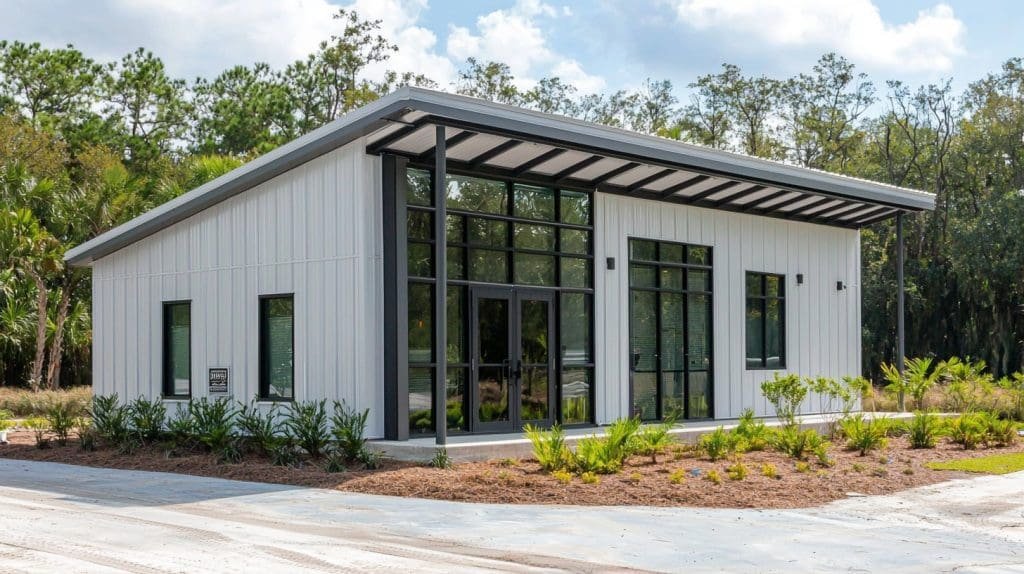
Cost Efficiency and Local Expertise
Choosing an Indian PEB (pre-engineered building) manufacturer provides businesses with substantial cost benefits and localized expertise that can be crucial for successful project completion. Indian PEB manufacturers offer competitive pricing due to lower labor costs and the availability of materials within the country. These cost efficiencies make PEBs an economical choice for industries looking to expand infrastructure without compromising on quality. Additionally, Indian manufacturers understand regional requirements, including climate conditions and compliance with local building codes, which is essential for creating durable structures that meet safety standards. For instance, modular prefab buildings designed by Indian manufacturers are often adapted to withstand India’s diverse climate zones, from the humid coastal regions to the hot plains.
Reduced Transportation Costs and Faster Delivery
By choosing a local PEB manufacturer, companies can significantly reduce transportation costs associated with importing building materials. Indian PEB manufacturers operate within the country, ensuring that prefabricated components are delivered to construction sites swiftly and at lower shipping costs. This localized approach to manufacturing and delivery is beneficial for projects requiring timely completion, such as portable commercial structures and temporary offices for construction sites. The proximity to project locations allows Indian PEB manufacturers to offer quicker lead times, providing businesses with a fast and efficient building solution.
Enhanced Customer Support and Post-Installation Services
Indian PEB manufacturers are known for their customer-centric approach, providing dedicated support throughout the project lifecycle. This includes everything from the initial consultation and design to on-site assembly and post-installation maintenance. Indian PEB companies frequently offer on-site inspections, maintenance services, and customization adjustments after installation, ensuring the building continues to meet operational needs. Businesses that choose container-based modular units or other customized solutions benefit from local customer support that can address concerns swiftly, enhancing client satisfaction and ensuring long-term functionality of the structure.
Supporting the Indian Economy and Sustainability Initiatives
Opting for an Indian PEB manufacturer also contributes to the growth of the local economy, supporting Indian businesses and creating employment opportunities within the construction and manufacturing sectors. Many Indian manufacturers are actively adopting sustainable practices, such as using recyclable materials and integrating energy-efficient elements into their designs. For instance, modular office spaces created by Indian manufacturers can be designed with eco-friendly insulation and solar-ready roofing to reduce energy consumption. This commitment to sustainability aligns with global green building initiatives and supports India’s efforts to promote eco-friendly construction.
Customization Tailored to Local Needs
Indian PEB manufacturers excel at creating tailored solutions that meet the unique requirements of their clients. They offer extensive customization options to accommodate diverse needs across sectors, from temperature-controlled warehouses to ventilated agricultural structures. The flexibility to adapt structures to local operational needs makes Indian PEB companies an ideal choice for industries that require specialized solutions. This adaptability extends to rural infrastructure projects, where PEBs are used for schools, healthcare facilities, and community centers, addressing the needs of India’s growing infrastructure landscape.
By choosing an Indian PEB manufacturer, businesses benefit from cost savings, rapid delivery, strong customer support, and customized, sustainable building solutions that are adapted to the Indian environment and regulatory standards.
Embrace sustainable manufacturing practices by visiting our Used Containers for Sale in Chennai page, offering eco-friendly construction solutions.
Challenges Facing PEB Manufacturers in India
Rising Material Costs and Supply Chain Issues
One of the primary challenges faced by PEB (pre-engineered building) manufacturers in India is the fluctuation in raw material prices, particularly steel, which is the core material used in PEB structures. The global market affects local pricing, leading to increased costs that can strain project budgets. Since PEBs rely heavily on high-quality steel frames for structural strength, these price increases make it challenging for manufacturers to maintain competitive pricing without compromising quality. Additionally, supply chain disruptions can lead to delays in the delivery of materials, impacting project timelines. This can be especially problematic for large-scale projects, such as industrial warehouse units, where timely completion is critical to operational needs.
Balancing Quality and Cost-Effectiveness
To remain competitive, Indian PEB manufacturers must find a balance between maintaining high-quality standards and offering cost-effective solutions. However, achieving this balance can be challenging, as customers often seek budget-friendly options without sacrificing durability and safety. Many Indian PEB manufacturers address this by optimizing their production processes and using local materials, which can reduce costs without compromising structural integrity. For example, portable office cabins are often designed with cost-efficient but durable materials, making them an affordable solution for temporary workspaces. Despite these efforts, balancing affordability with quality remains a constant challenge in the industry.
Competition from International and Local Manufacturers
The PEB industry in India is competitive, with numerous local and international players offering a range of building solutions. Indian PEB manufacturers face competition not only from other domestic companies but also from global firms that often bring advanced technologies and resources. This competitive environment pushes Indian manufacturers to innovate continually and improve their offerings to stay relevant. Local manufacturers need to focus on providing exceptional customer service, rapid delivery, and tailored customization to differentiate themselves. For instance, companies producing container-based structures focus on quick assembly and cost-effective solutions to meet the expectations of the Indian market.
Meeting Compliance and Regulatory Standards
The Indian construction industry has stringent regulations that PEB manufacturers must comply with, including safety, fire resistance, and environmental standards. Ensuring compliance with these regulations requires time, resources, and careful planning, as failure to meet these standards can lead to project delays or penalties. For example, modular prefabricated buildings intended for industrial use must adhere to safety regulations, especially if they house heavy machinery or equipment. Navigating the complex regulatory landscape while delivering cost-effective and compliant structures is a notable challenge for many PEB manufacturers.
Adoption of New Technologies and Workforce Training
While technology is advancing in the PEB industry globally, adopting and implementing new technologies can be a slow process in India. Many manufacturers need to invest in modern machinery, Building Information Modeling (BIM), and automation to streamline their production processes and improve quality. However, upgrading technology often requires substantial investment and workforce training. For example, Indian manufacturers providing customized modular spaces benefit from advanced prefabrication techniques, but adopting these techniques requires specialized training for their teams. Ensuring that workers are skilled in using new technologies can be challenging but is essential for maintaining competitiveness.
In summary, Indian PEB manufacturers face challenges related to rising costs, regulatory compliance, competition, and technology adoption. Addressing these issues is crucial for sustaining growth in a competitive industry and meeting the evolving demands of India’s construction sector.
For a thorough understanding of PEB structures, revisit our PEB Buildings Benefits, Features & Applications page. It’s your gateway to all PEB-related information.
Future Outlook for PEB Manufacturing in India
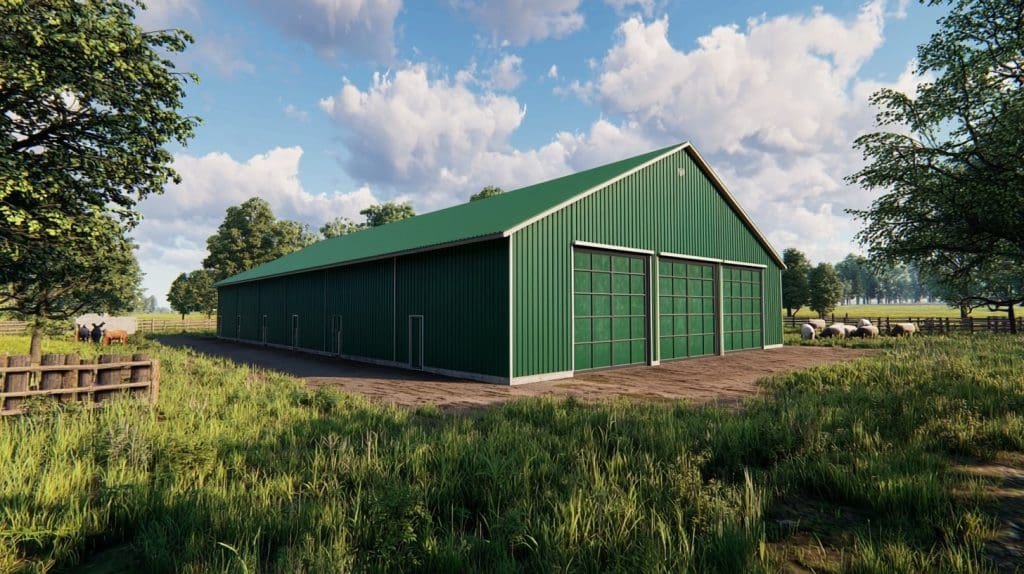
Growing Demand and Expansion Across Sectors
The future of PEB (pre-engineered building) manufacturing in India looks promising, driven by increasing demand across sectors such as logistics, retail, agriculture, and industrial manufacturing. As businesses in these sectors expand, so does the need for efficient, cost-effective, and scalable building solutions that PEB structures provide. The growth of e-commerce in India, for example, has spurred demand for modular warehouse facilities to support logistics and distribution networks. This demand is expected to grow as more businesses prioritize adaptable, quick-to-assemble solutions that allow them to establish infrastructure rapidly in both urban and rural areas.
Innovation and Technology Integration
Indian PEB manufacturers are increasingly integrating advanced technologies to improve design, manufacturing, and assembly processes. Building Information Modeling (BIM) is one such technology that has become essential in the PEB industry, enabling manufacturers to create highly detailed, 3D digital models that enhance accuracy and allow for collaborative planning. BIM technology helps in optimizing material use, reducing waste, and allowing clients to visualize and customize structures before production begins. This level of precision benefits projects requiring tailored solutions, like custom modular office spaces for corporate or commercial settings.
Automation and robotics in manufacturing are also on the rise, enhancing production efficiency and consistency in component quality. These technological advancements are expected to further streamline production, reduce costs, and improve the durability and safety of PEBs. As Indian manufacturers continue to adopt these technologies, they can offer more competitive solutions that meet international quality standards.
Sustainability and Green Building Practices
With a global shift toward sustainable development, Indian PEB manufacturers are focusing on eco-friendly practices to meet the demands of environmentally conscious clients. The use of recyclable materials, such as steel, energy-efficient insulation, and solar-ready roofing options, is becoming more common. These practices align with the principles of green building, providing businesses with structures that support their environmental goals while also reducing energy costs. Many container-based modular buildings are now equipped with sustainable features that contribute to a reduced carbon footprint, meeting the growing demand for green construction options in India.
Expansion into Rural and Semi-Urban Areas
The need for affordable and scalable infrastructure in India’s rural and semi-urban areas represents a significant growth opportunity for PEB manufacturers. PEB structures are ideal for these regions due to their quick installation, adaptability, and low maintenance requirements. Applications like prefabricated classrooms and healthcare centers can help improve access to essential services, supporting India’s development goals. Government initiatives aimed at improving rural infrastructure and encouraging industrialization are likely to further fuel the demand for PEBs in these regions, offering a pathway for manufacturers to expand their market reach.
Increased Focus on Customization and Client-Specific Solutions
As the Indian market matures, PEB manufacturers are expected to place an even greater emphasis on customization to cater to diverse client needs. From industrial warehouses with specific loading dock configurations to retail spaces with custom aesthetics, the demand for specialized, client-centric solutions is rising. Many manufacturers are already developing modular designs that allow clients to expand or modify structures as their needs evolve, such as scalable portable office spaces that can be adapted over time.
This focus on customization is likely to define the future of PEB manufacturing in India, enabling businesses to invest in infrastructure that aligns with their operational requirements and long-term goals. With the integration of technology, sustainable practices, and an emphasis on flexible design, the PEB industry in India is positioned for sustained growth, meeting the evolving demands of both urban and rural development projects.
Conclusion
India’s pre-engineered building (PEB) industry has become a vital part of the country’s infrastructure development, providing innovative, flexible, and sustainable building solutions that meet the demands of diverse sectors. From warehousing and manufacturing to retail and rural infrastructure, PEB structures have transformed the landscape of modern construction, offering quick, cost-effective, and highly customizable options. As the industry evolves, PEB manufacturers are increasingly adopting advanced technologies, green building practices, and a focus on client-specific customization to stay competitive and meet the unique needs of Indian businesses.
The future of PEB manufacturing in India is bright, with growth opportunities in urban, semi-urban, and rural areas, driven by rising demand for adaptable and sustainable building solutions. With their emphasis on quality, efficiency, and innovation, Indian PEB manufacturers are poised to continue shaping the future of the construction industry across the nation.
For more information on our commitment to quality, sustainability, and client-focused solutions, please visit our About Us page to learn more about our mission and values in delivering exceptional pre-engineered building solutions.
Frequently Asked Questions
1. What is a PEB (Pre-Engineered Building)?
A PEB is a structure designed and manufactured in a factory, then assembled on-site. It’s prefabricated with components like steel frames and panels, making it cost-effective and fast to construct.
2. Who are the leading PEB manufacturers in India?
Several companies lead the PEB industry in India, offering high-quality prefabricated solutions for industries like warehousing, retail, agriculture, and manufacturing. These companies are known for their expertise in customization and efficiency.
3. Why are PEBs becoming popular in India?
PEBs are gaining popularity due to their cost-effectiveness, quick assembly, flexibility, and durability. They’re ideal for industries needing scalable, robust structures that can be customized to specific needs.
4. How is a PEB different from traditional construction?
PEBs are manufactured off-site in a controlled environment and assembled on-site, reducing construction time and costs. Unlike traditional buildings, PEBs are modular, customizable, and require minimal maintenance.
5. What sectors are driving the demand for PEBs in India?
PEBs are in demand across various sectors, including warehousing, logistics, retail, manufacturing, agriculture, and even educational and healthcare infrastructure in rural areas.
6. How long does it take to construct a PEB?
The construction timeline for a PEB is much shorter than traditional buildings. Depending on the project’s complexity, PEBs can be assembled in a few weeks, making them ideal for time-sensitive projects.
7. Are PEBs environmentally friendly?
Yes, PEBs are considered eco-friendly as they use recyclable materials, reduce on-site waste, and support sustainable practices with options like solar-ready roofing and energy-efficient insulation.
8. What customization options are available for PEBs?
PEBs are highly customizable. Options include wall claddings, insulation, roofing styles, and interior layouts. Indian PEB manufacturers also offer specialized designs for industries like agriculture and logistics.
9. What is the typical cost of a PEB compared to a traditional building?
PEBs are generally more cost-effective than traditional buildings due to faster construction times, efficient use of materials, and lower labor costs. Exact costs vary based on customization and project size.
10. Why should I choose an Indian PEB manufacturer?
Indian PEB manufacturers offer local expertise, competitive pricing, and quick delivery. They understand regional needs, climate considerations, and building codes, making them a reliable choice for diverse building requirements.
 Container Cafe
Container Cafe